Working For and With Communities
The Schiller Institute for Integrated Science and Society works to serve the common good by developing the capacity of scholars to work across disciplines and cultures. Working For and With Communities is a signature program of the Institute. It is a two-part sequence that prioritizes teaching students to engage with people from diverse backgrounds and perspectives, helping students recognize and appreciate differences while fostering collaboration. This approach cultivates the humility to learn from, listen to, and work within communities, helping to build more inclusive and effective problem-solving processes.
In 2025, our Working For and With Communities program expanded to include a project in Santiago, Chile, with our partners at Hogar de Cristo (HdC) and Universidad Alberto Hurtado (UAH). Hogar de Cristo is a public service organization dedicated to helping Chile’s most vulnerable live with autonomy and dignity. Universidad Alberto Hurtado is a Jesuit, public, non-profit university, founded with the main purpose of building an academic space of excellence, openness, diversity, tolerance and inclusivity. We are excited to announce that we continue working with HdC and UAH on a new project in 2026. See below for more information.
In 2026, our Working For and With Communities program will partner again with Hogar de Cristo (HdC) and Universidad Alberto Hurtado (UAH). This time, the project will focus on the Padre Hurtado School, which provides a second chance for students to complete secondary education with a focus on trades. Students will be partnering with the teachers to create an experiential learning project that seeks to decrease waste production in gastronomy and aesthetics.
Media
Intercultural trip to Chile opens doors and eyes for students
The Schiller-led class, Working For and With Communities, brought ten students to Chile to improve the outdoor space of a community facility for people with intellectual disabilities and treated schizophrenia.
Boston College and Hogar de Cristo: Learning in Two Directions
The Schiller Institute partnered with Alberto Hurtado University and Hogar de Cristo to send Boston College students to Chile as part of an innovative community intervention program for individuals with intellectual disabilities. This unique initiative fosters intercultural understanding, community-based intervention design, and a deep social commitment to supporting society’s most vulnerable populations.

Justin Henriques
Assistant Professor
.jpg)
Lindsey Barr
Undergraduate Student

Katie Bissell
Undergraduate Student

Shirley Canales
Undergraduate Student

Curtis Idemudia
Undergraduate Student

Simone Cawthorne King
Undergraduate Student

Magali De La Sancha
Undergraduate Student
Bibi Sansabas
Undergraduate Student

Michael Tran
Undergraduate Student
Chile 2025
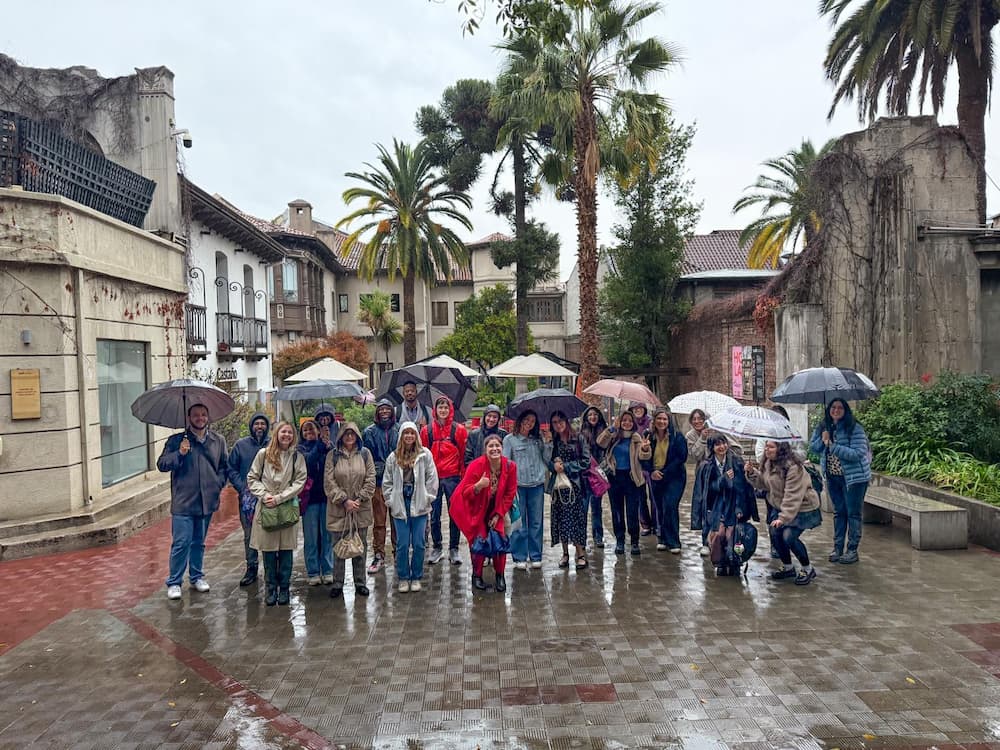
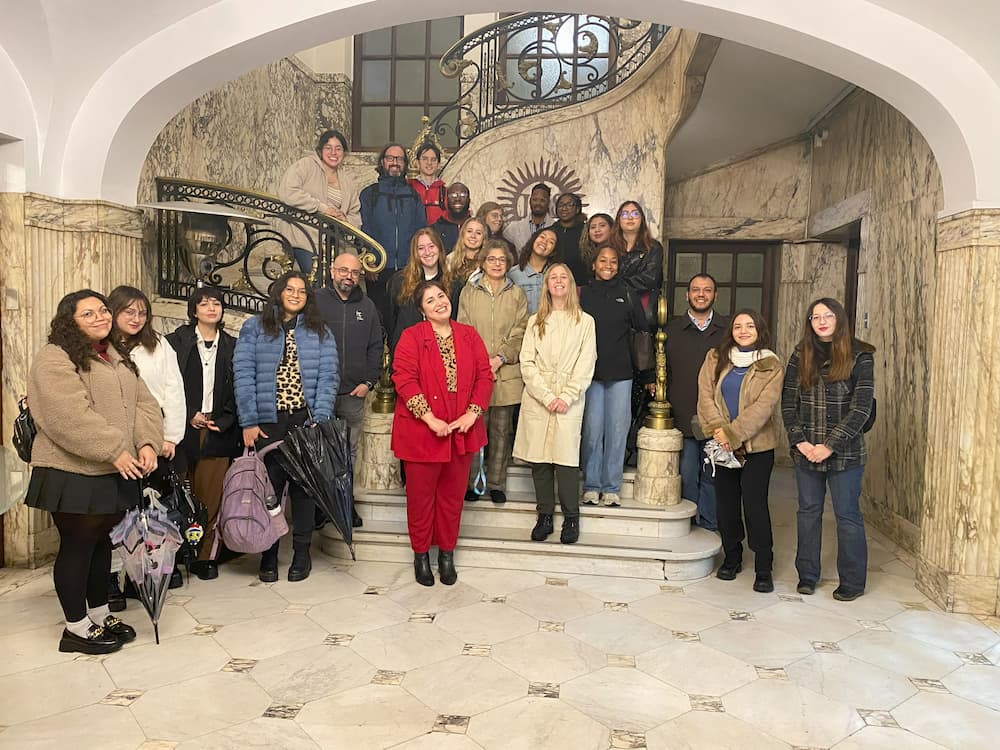
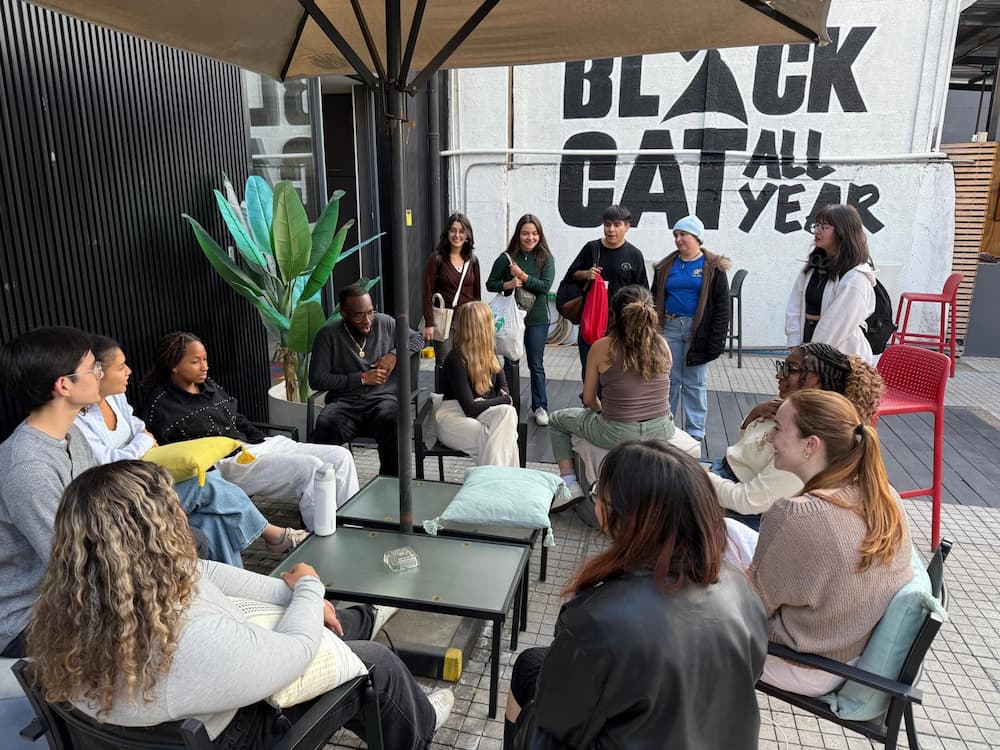
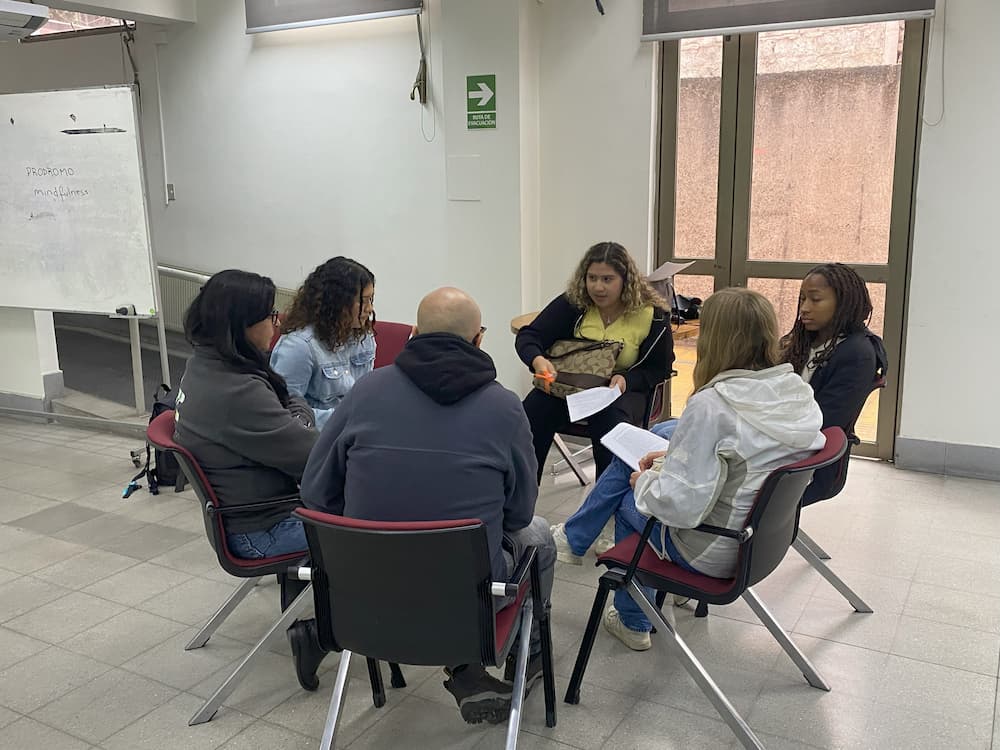
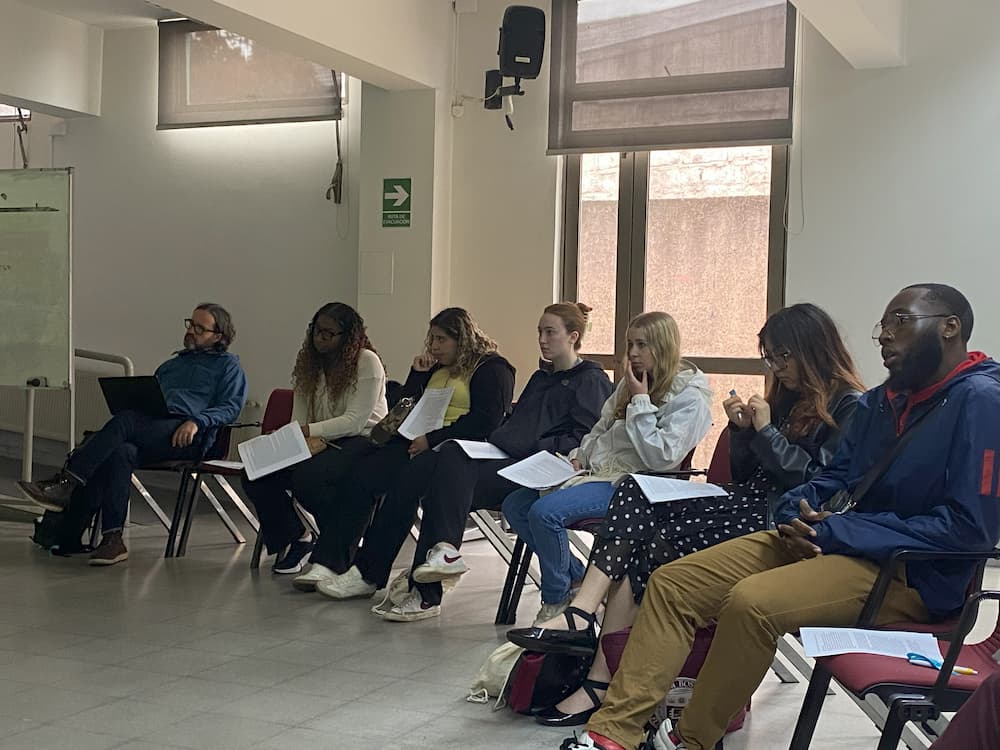
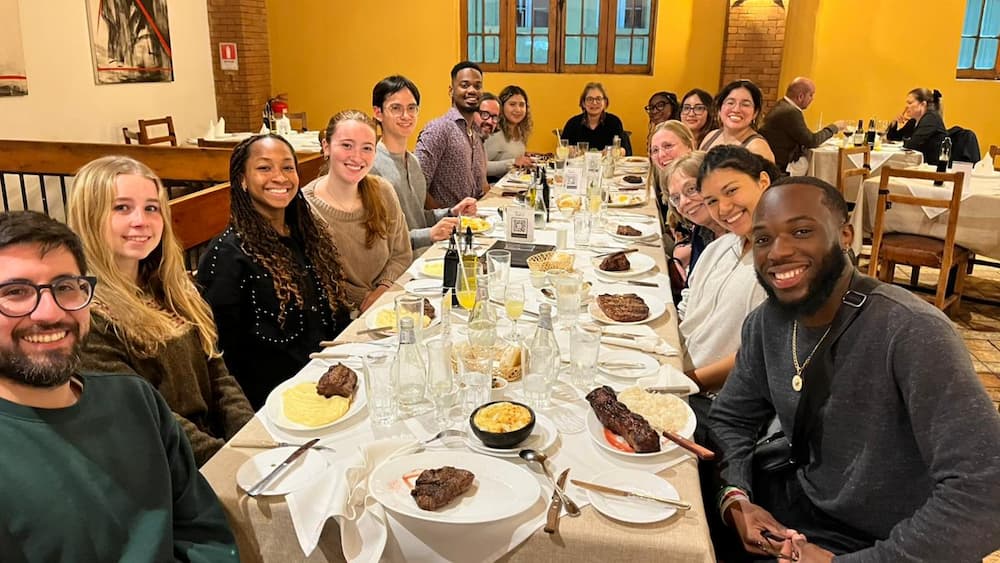
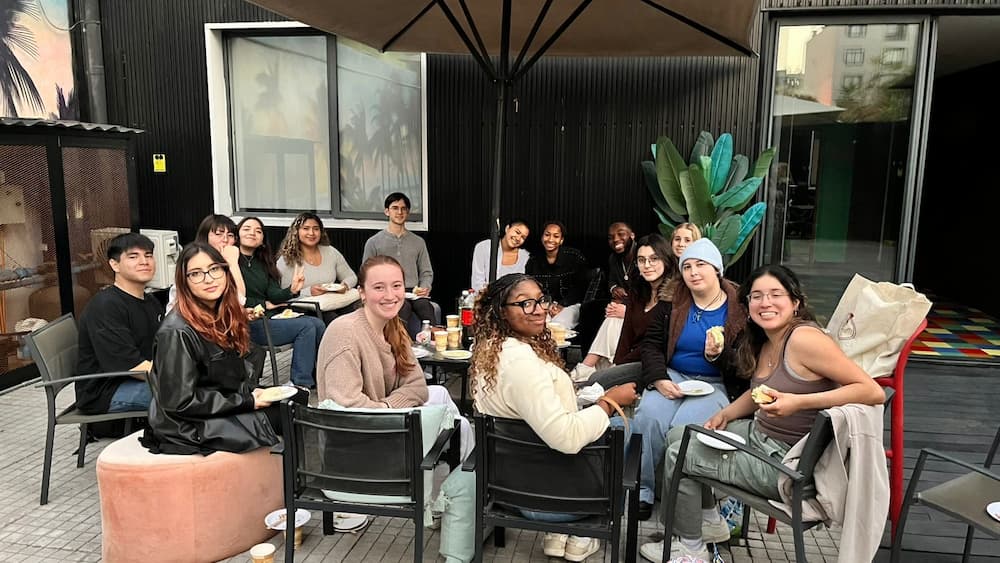
- Hammer, M. (2012). The Intercultural Development Inventory: A new frontier inassessment and development of intercultural competence. In M. Vande Berg, R.M. Paige,& K.H. Lou (Eds.), Student Learning Abroad (Ch. 5, pp. 115-136). Sterling, VA: Stylus Publishing
- Miner, H. (1956). Body ritual among the Nacirema. American Anthropologist, 58(3),503–507.
- Fanon, F. (2008). Chapter Five The Lived Experience of the Black Man. In Black Skin, White Masks. Grove/Atlantic, Incorporated.
- Nahuelpán, Héctor, Edgars Martínez, Alvaro Hofflinger, and Pablo Millalén. “In Wallmapu, Colonialism and Capitalism Realign: As Mapuche Land Reclamations Threaten Corporate Profits, the Chilean State and Forestry Industry Double downon Repression.” NACLA Report on the Americas 53, no. 3 (July 3, 2021): 296–303.
- Sci-Fi Short Film “Jonah"
- Rajab, A. (2018). Healing the Past, Reinventing the Present: From the Revolution to Maridhiano. In W. C. Bissell & M.-A. Fouéré (Eds.), Social Memory, Silenced Voices, and Political Struggle: Remembering the Revolution in Zanzibar(pp. 335–356). Mkuki na Nyota Publishers.
- Lykes, M. B. (2010) Silence(ing), voice(s)and gross violations of human rights: Constituting and performing subjectivities through PhotoPAR. Visual Studies, 25 (3),238-254.
- Larsen, M. A. (2015). International Service Learning in a Tanzanian Host Community: Post-Colonial Insights. In International Service Learning: Engaging Host Communities (pp. 94–107). Taylor & Francis Group.
- Suggested/Optional: “Speaking silence: Thesocial construction of silence in autobiographical and cultural narratives” by Robyn Fivush
- Bolton, P., West, J., Whitney, C., Jordans,M. J. D., Bass, J., Thornicroft, G., ...Raviola, G. (2023). Expanding mental health services in low- and middle-income countries: A task-shifting framework for delivery of comprehensive, collaborative, and community-based care. Cambridge Prisms: Global Mental Health, 10, e16.
- Rosenbaum, S., Ager, A., Snider, L., Warria, A., Collison, H., Hermosilla, S., & Vancampfort, D. (2021, March). Physical activity, mental health and psychosocial support. Forced Migration Review, 66.
- Miner, Horace. “Body Ritual among the Nacirema.” American Anthropologist, vol.58, no. 3, 1956, pp. 503–07. JSTOR
- Cultural Dimensions Theory (Explained in 3 Minutes)
- Country Comparison tool
- IDEO (Ed.). (2015). The field guide to human-centered design: Design kit (1st edition). IDEO.org. (Pg 1-35)
- Design Kit Case Study Brilliance By D-Rev
- Design Kit Case Study Clean Team
- Playpumps International | National Geographic
- History of the Disability Movement in the United States
- An Introduction to Including Individuals with Special Needs in the Garden
- 1972. Willowbrook: The Last Great Disgrace, Geraldo Rivera's original exposé
- Son H-J, Kim D-S, Park S-A. Horticultural Therapy for Improving the Work Performance and Interpersonal Relationships of Persons with Intellectual Disabilities. International Journal of Environmental Research and Public Health. 2022; 19(21):13874.
- Arjun Sengupta, CH 12 (P. 293 - 309) in Freedom from Poverty as a Human Right Amartya Sen, Ch. 4 Poverty as Capability Deprivation in Development as Freedom
The Working With and For Communities course traveled to Siem Reap, Cambodia in 2023. The summer immersive learning experience occurred with our in-country partners, Jesuit Refugee Service (JRS), at their Cambodia Reflection Center. JRS led the students in day-to-day activities, sharing the most urgent matters that needed attention and guiding the projects in directions that would be most impactful to their community.
Media
Community Engaged Course Hones Students’ Intercultural Aptitude
A new Schiller class sees students work with residents in Cambodia to solve local eco-related problems. Students will develop community-identified projects and learn how to build partnerships with people of different cultures.
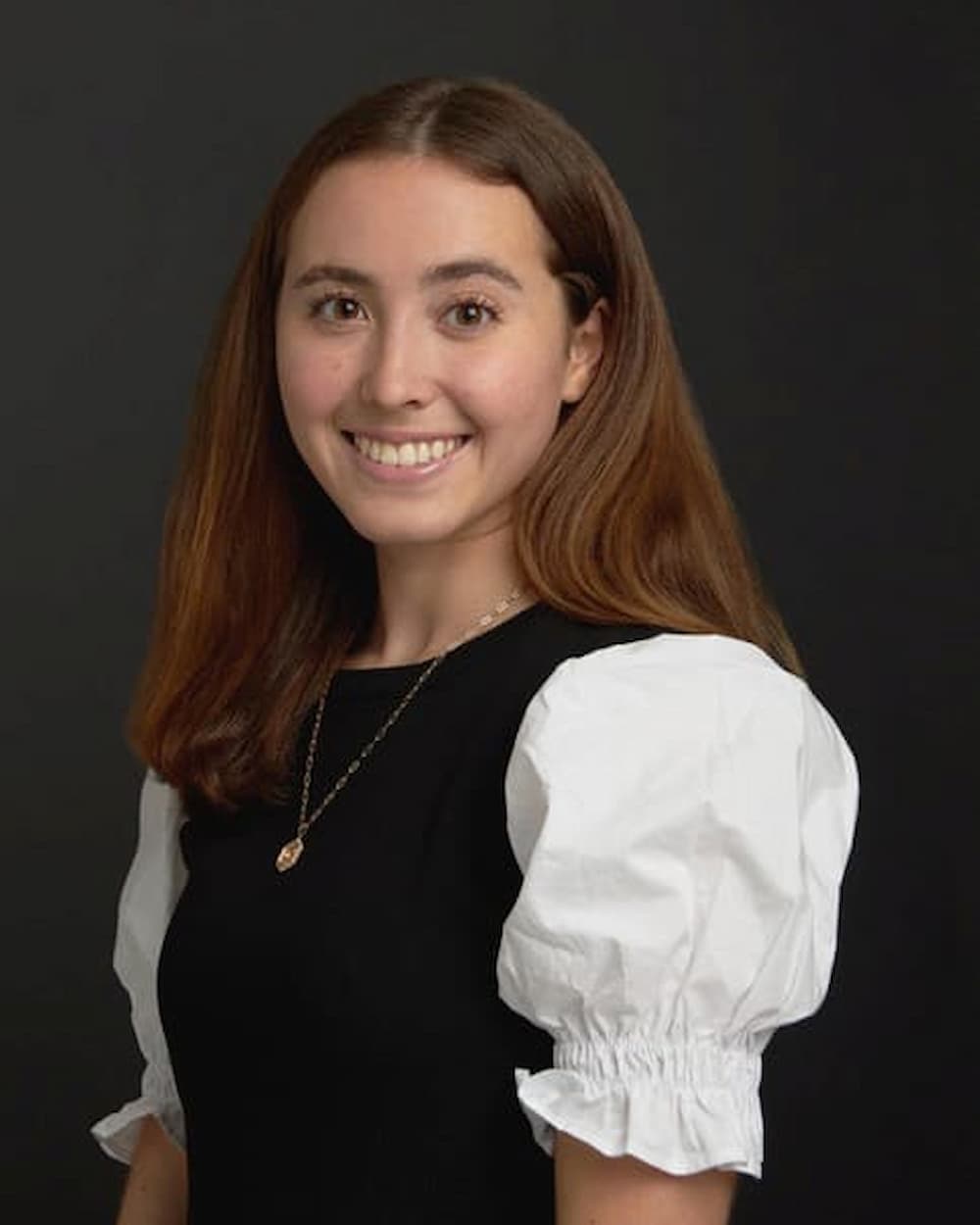
Charlotte Hackett
Undergraduate Student

Sriya Jampana
Undergraduate Student
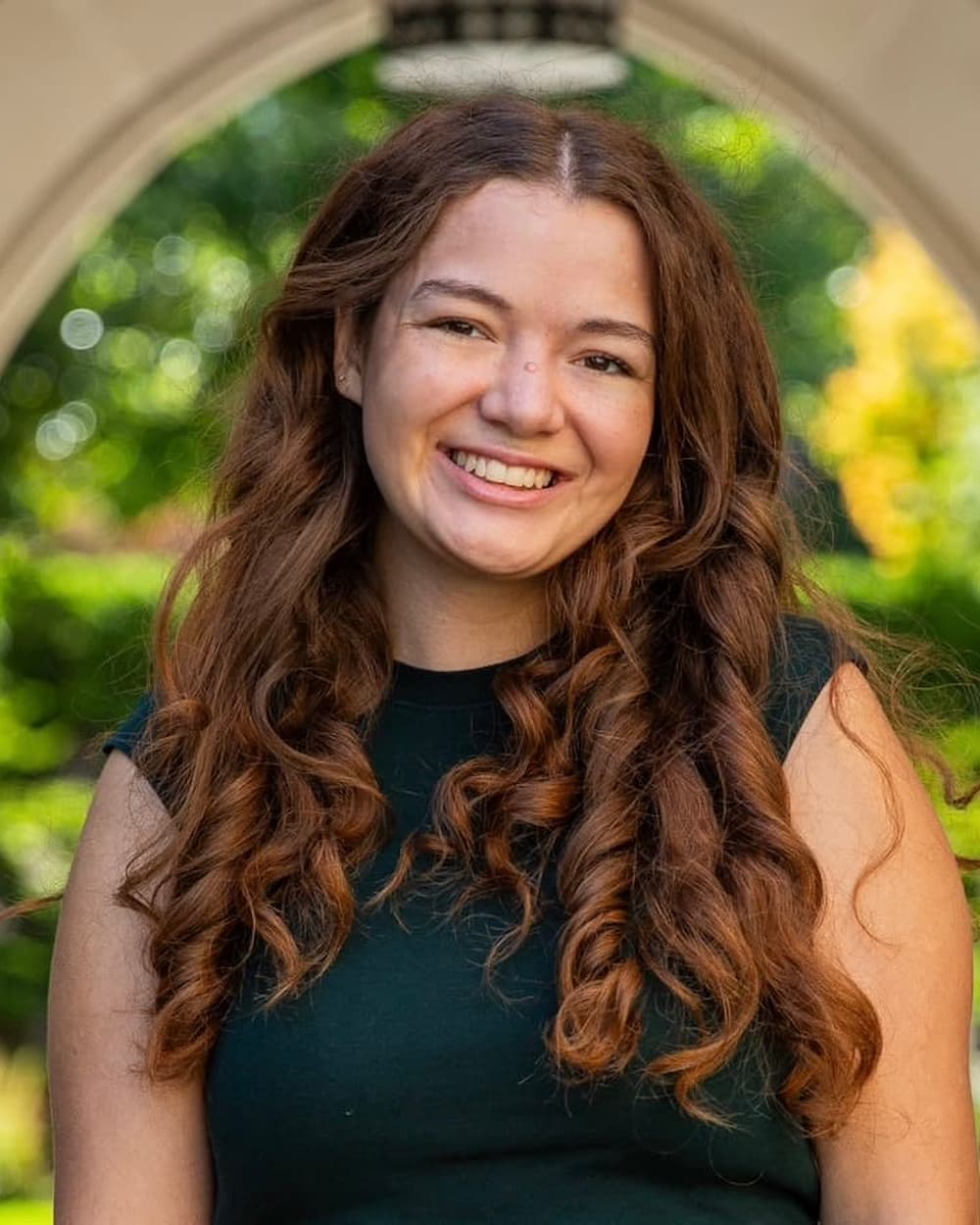
Kara McGuinness
Undergraduate Student
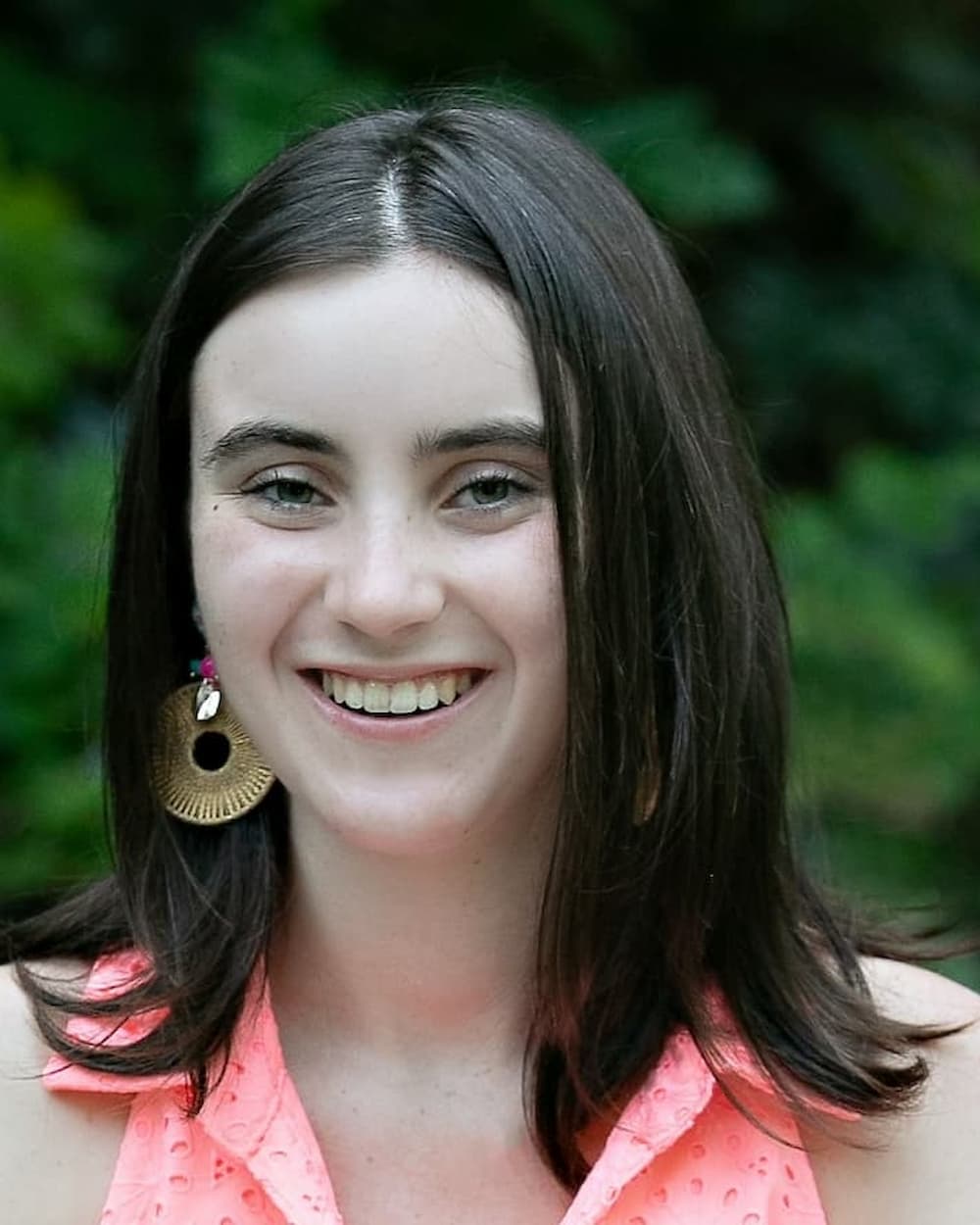
Eleanor McSwain
Undergraduate Student
Madelyn McLean
Undergraduate Student

Munachi Onyiuke
Undergraduate Student
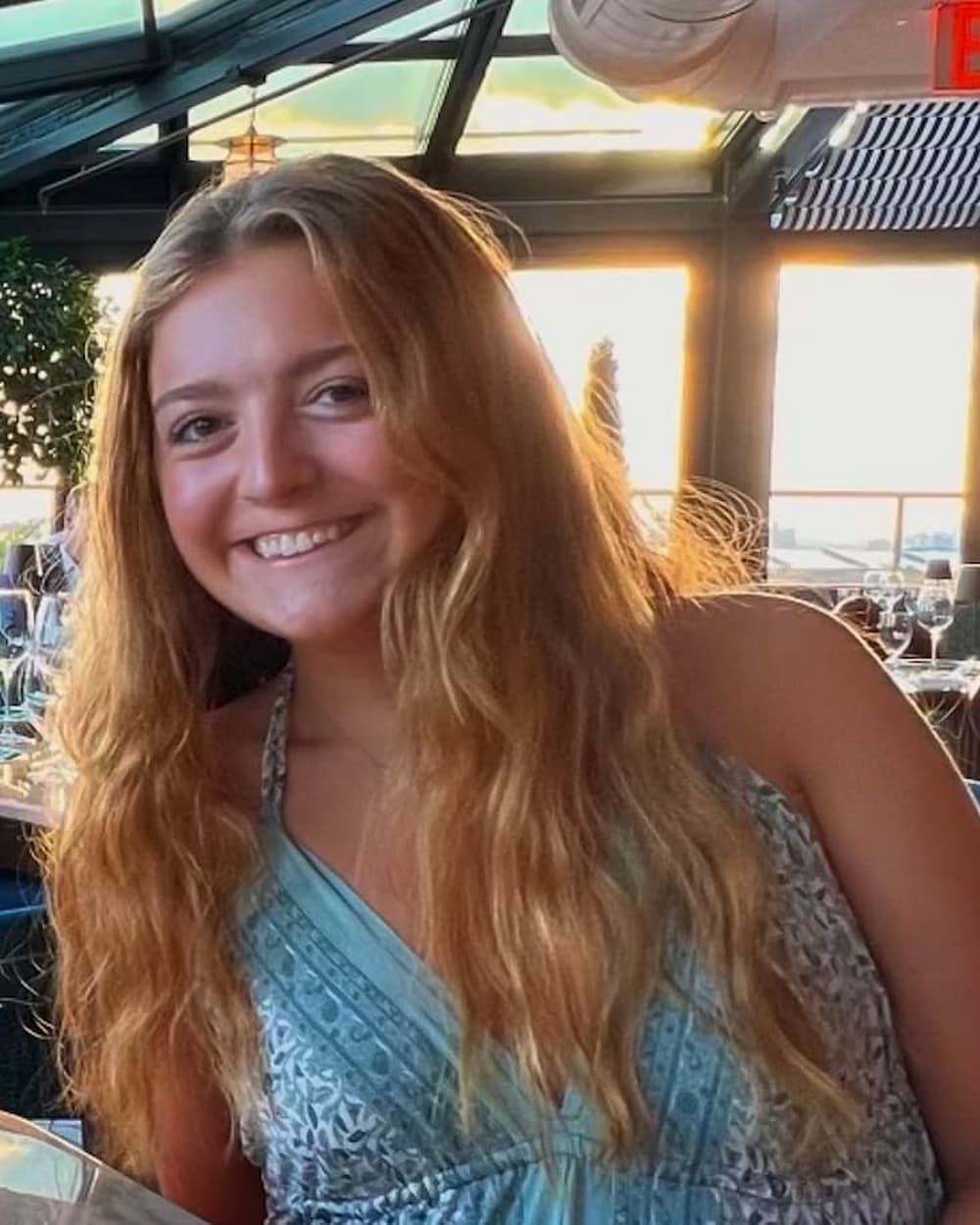
Jane Paulson
Undergraduate Student
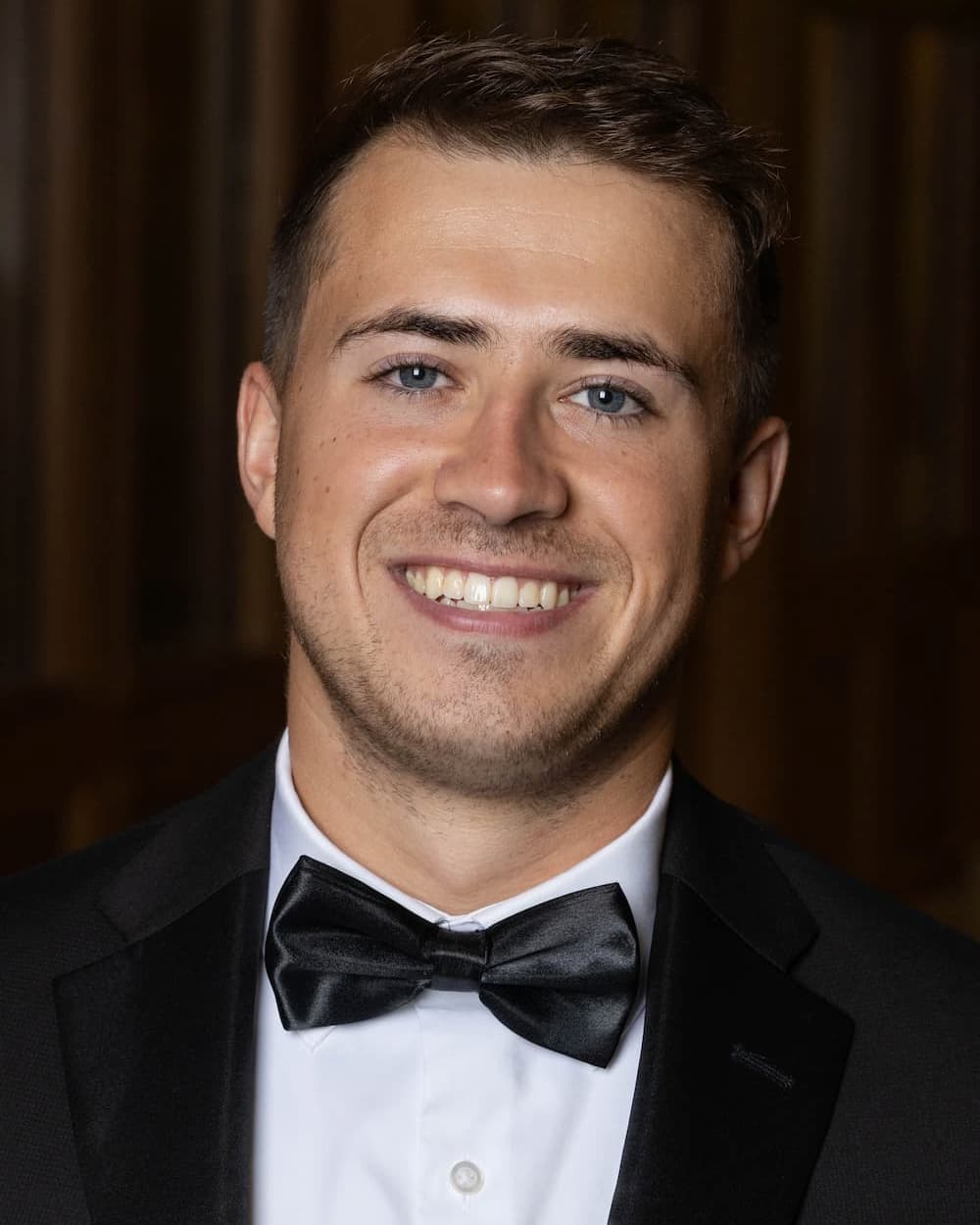
Steven Roche
Undergraduate Student
The Accessible Agriculture project focused on creating a gardening guide that combined accessibility and sustainability. Through many conversations with the JRS staff, the team identified that it would be most beneficial to focus on ensuring accessible agriculture for Cambodians living with mobility limitations, a common issue due to landmines. It emphasized the importance of tailoring gardens to individual needs, starting with structured planning to optimize space and resources. In collaboration with JRS staff, the team was able to understand which steps would be practical for implementation. The guide covered these practical modifications, such as raised beds tailored for wheelchair users, ramps with gentle gradients, and safe pathways made of durable materials like concrete. It explored innovative options like constructing raised beds with eco-friendly materials, such as eco-bricks and maximizing vertical space with A-frame structures or vertical garden walls. Additionally, it detailed safety measures, including handrails and grab bars, to ensure accessibility for gardeners with physical impairments. Overall, the project aimed to inspire inclusive and environmentally conscious gardening practices.
The Waste Management project focused on improving waste management practices in Siem Reap, Cambodia. Following the lead of the JRS staff, the students visited sites relevant to their project, such as nearby landfills and a local elementary school, and interacted with community members who frequent the JRS Metta Karuna campus. By doing so, students were able to identify the issue of inadequate waste management in rural villages, the burning of waste due to a lack of alternatives, and the challenges with plastic and battery waste that were most relevant to the community. Under the guidance of JRS staff, the team explored solutions like eco-bricks and advocacy for expanding successful practices from urban areas, like battery disposal bins, to rural communities. Recommendations include educating youth about waste management in schools, promoting reusable materials, and developing an advocacy campaign targeting government policies and business practices. These efforts aim to have practical applications in the community, raise awareness, build community coalitions, and foster sustainable waste practices over time.
Cambodia 2023
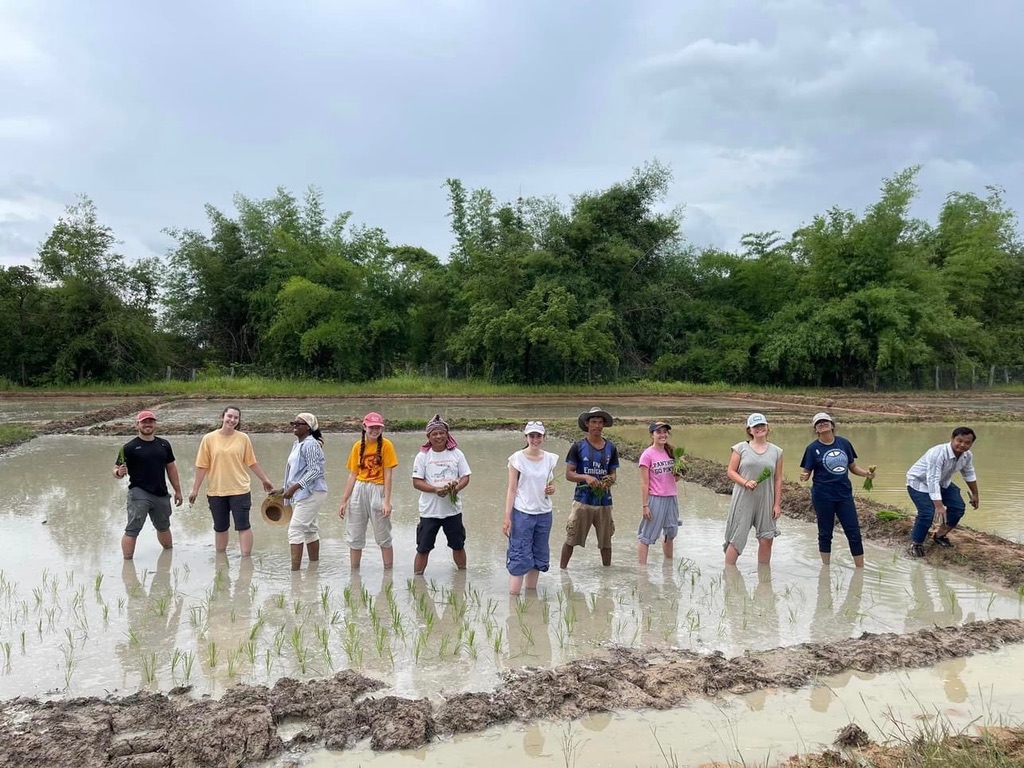
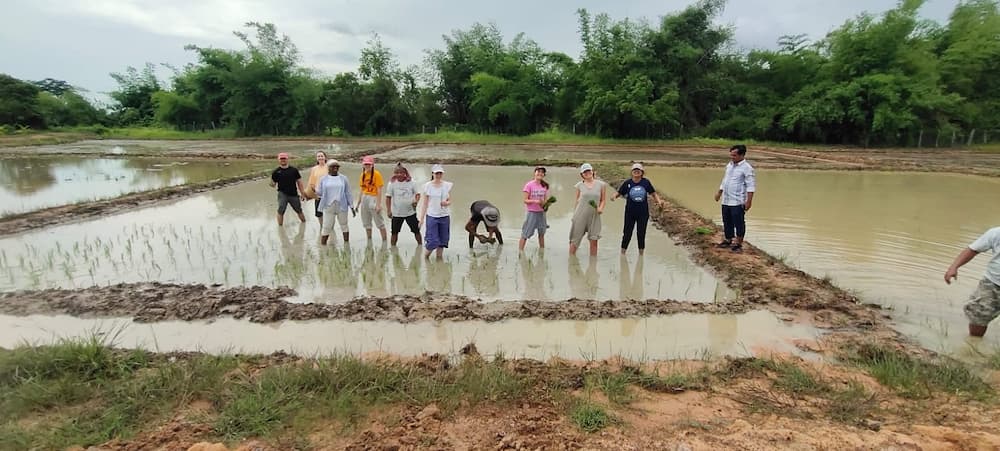
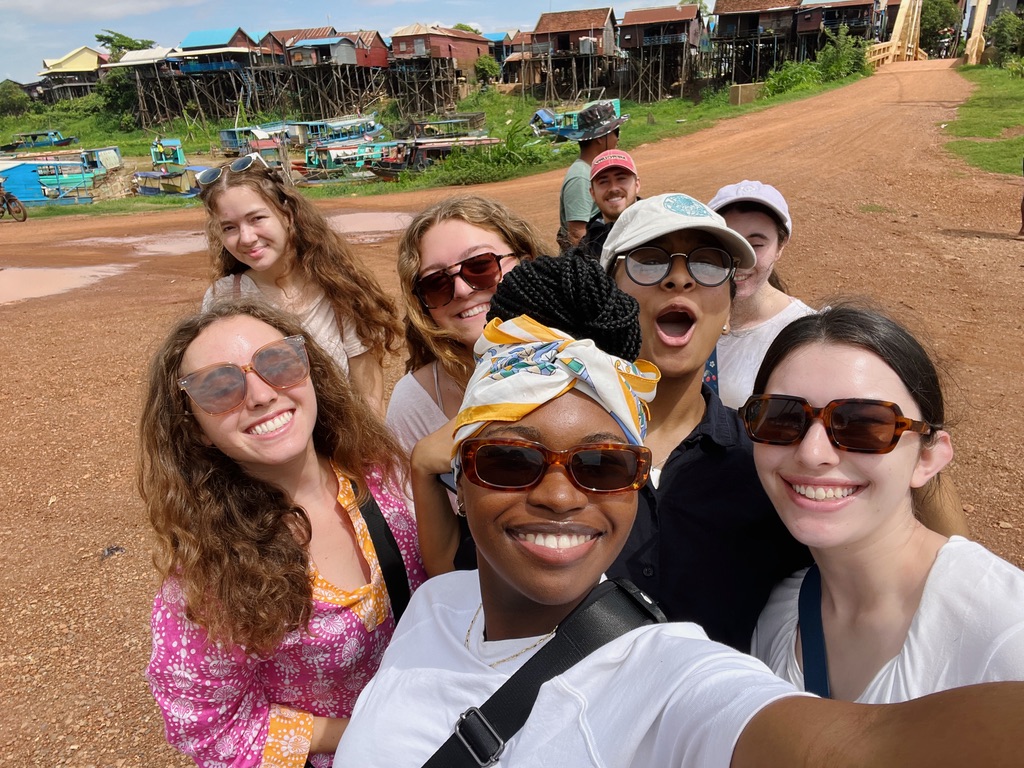
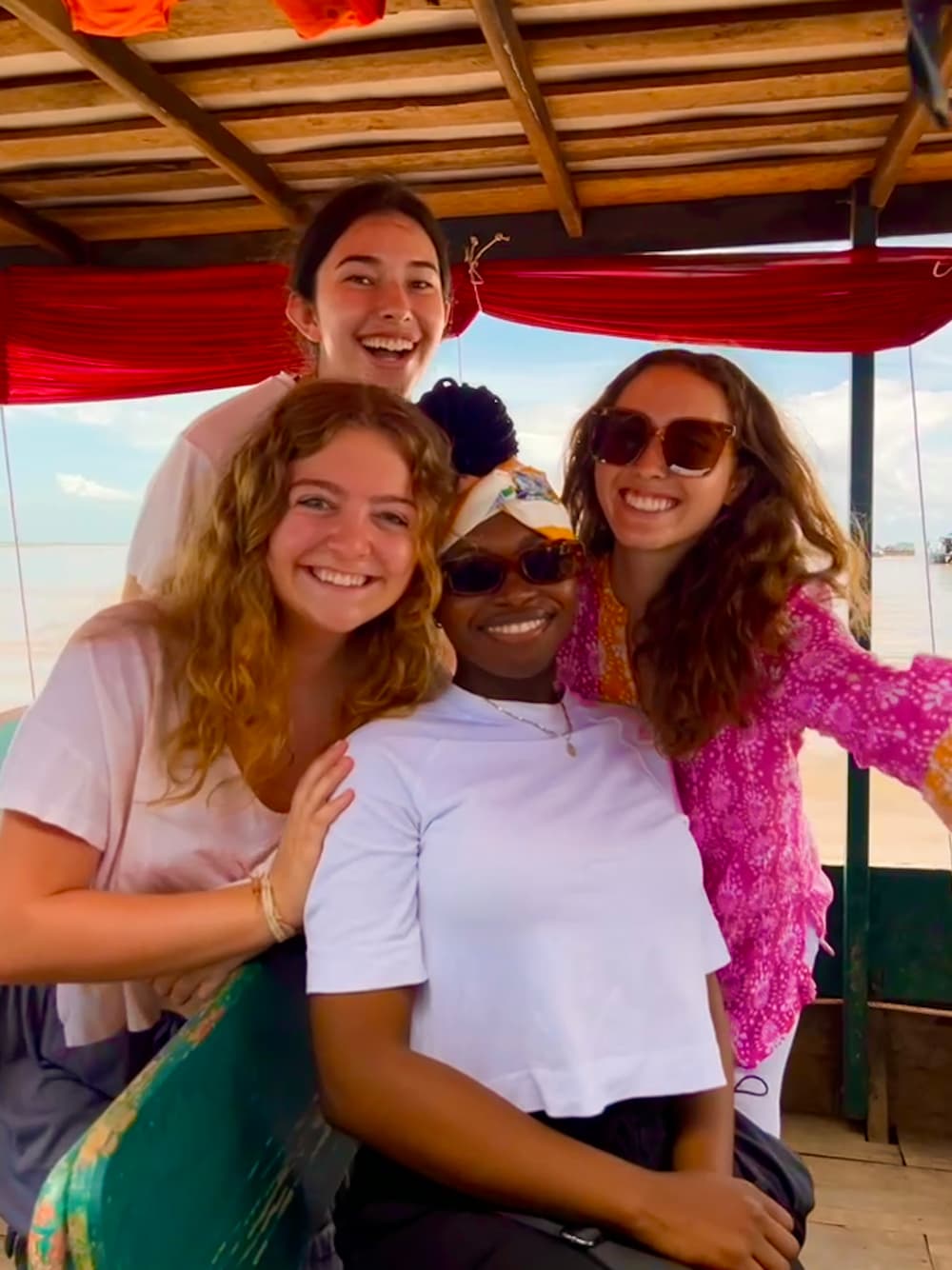
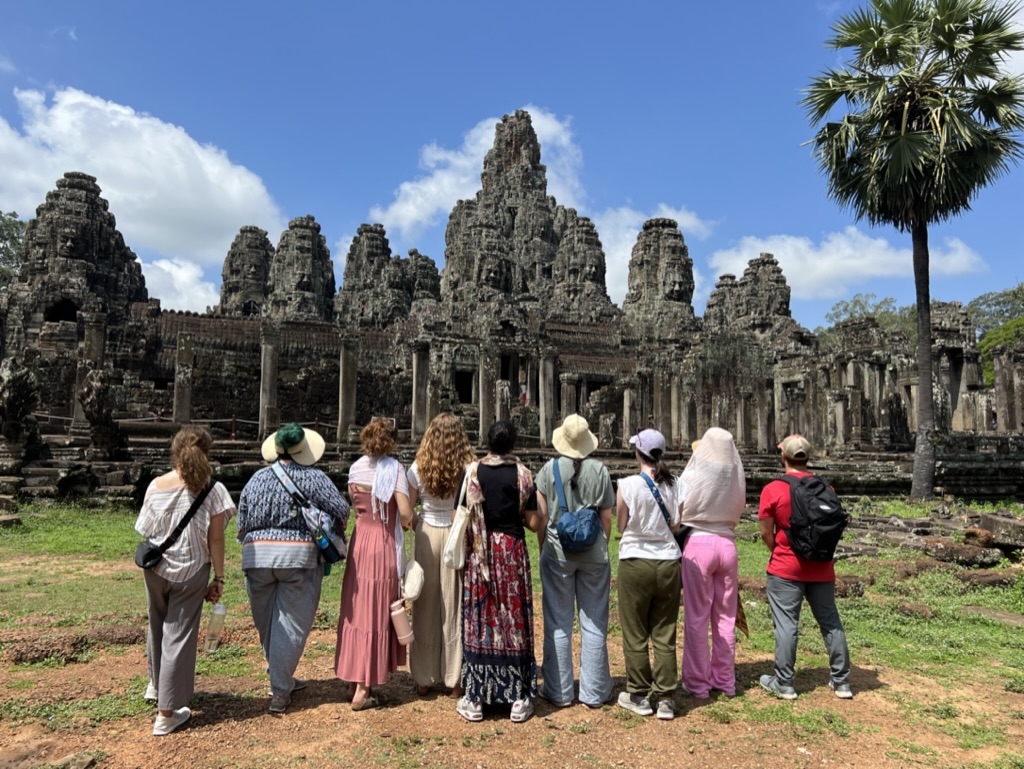
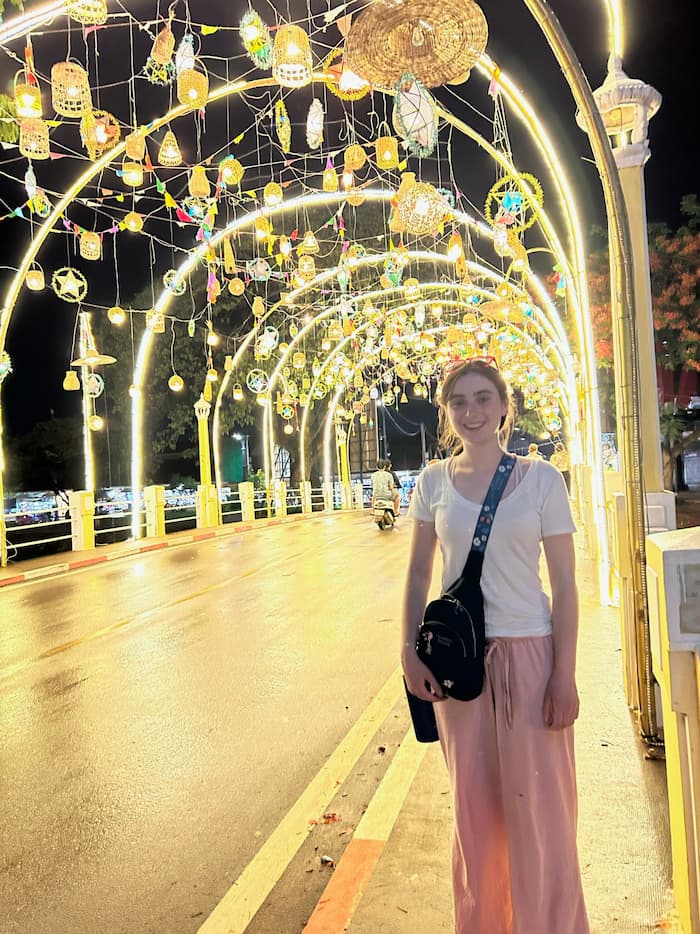
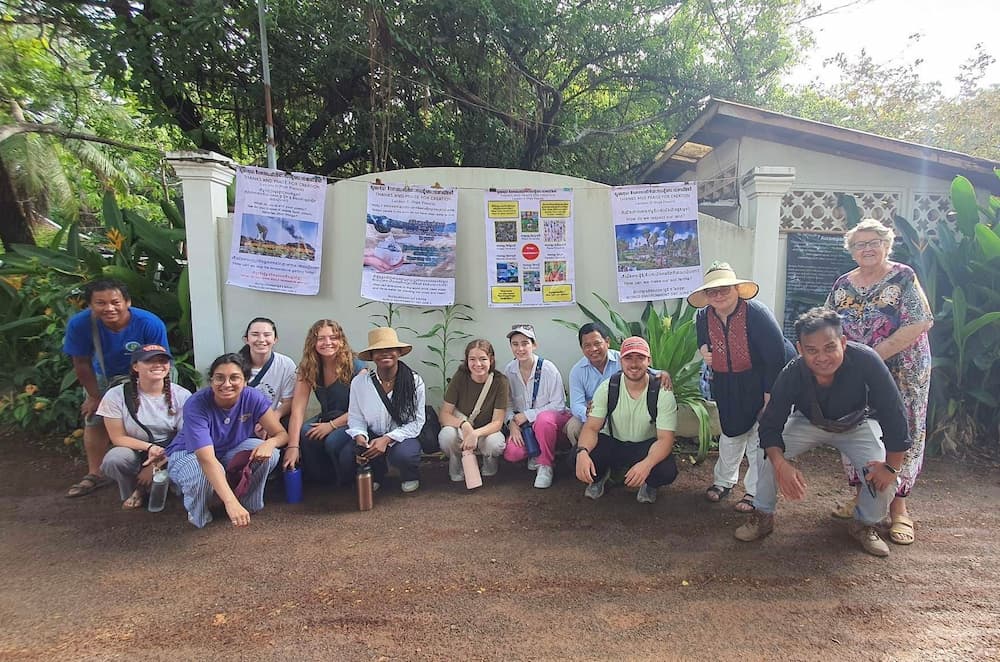
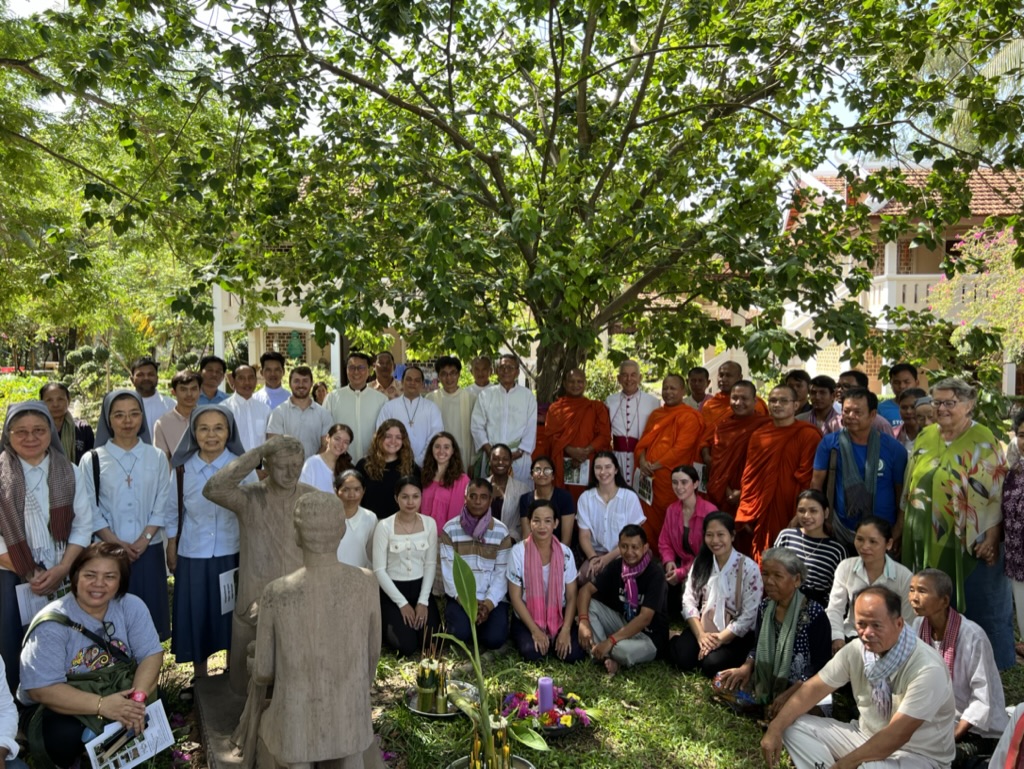
- The Parable of the Sadhu, by Bowen H. McCoy, May-June 1997, Harvard Business Review (Vol. 75, Issue 3)
- Multi-domain leadership: A whole person approach to leading in the workplace...and beyond, by Gretchen Volgelgesang Lester, Michael Palanski, Michelle Hammond, Rachel Clapp-Smith
- The Authenticity Paradox: Why feeling like a fake can be a sign of growth by Herminia Ibarra
- Complete the Intercultural Development Inventory
- Peeing on the Palace: Bodily Resistance to Bourbon Reforms in Mexico City by Pamela Voekel, Journal of Historical Sociology Vol. 5 No. 2 June 1992
- Case studies:
- Case against María Isidra/Desidora, 1790
- Case against Don Melchor de Ugalde, 1798
- Case against Manuel Trinidad Sepúlveda, alias "Little Eyes," for being unemployed and occupied with vice
- Community-based Mental Health & Psychosocial Support Online Module
- Speaking silence: The social construction of silence in autobiographical and cultural narratives
- Living Lives of Resistance in Multiple Registers: Dialogic Co-Constructions, Genocidal Violence, and Postgenocide Transitional Justice
- Dialogue with Guatemalan Indian Women: Critical Perspectives on Constructing Collaborative Research
- Review the Jesuit Refugee Service (JRS) and JRS Cambodia websites
- Review the advocacy work done by JRS Cambodia on banning landmines and cluster munitions


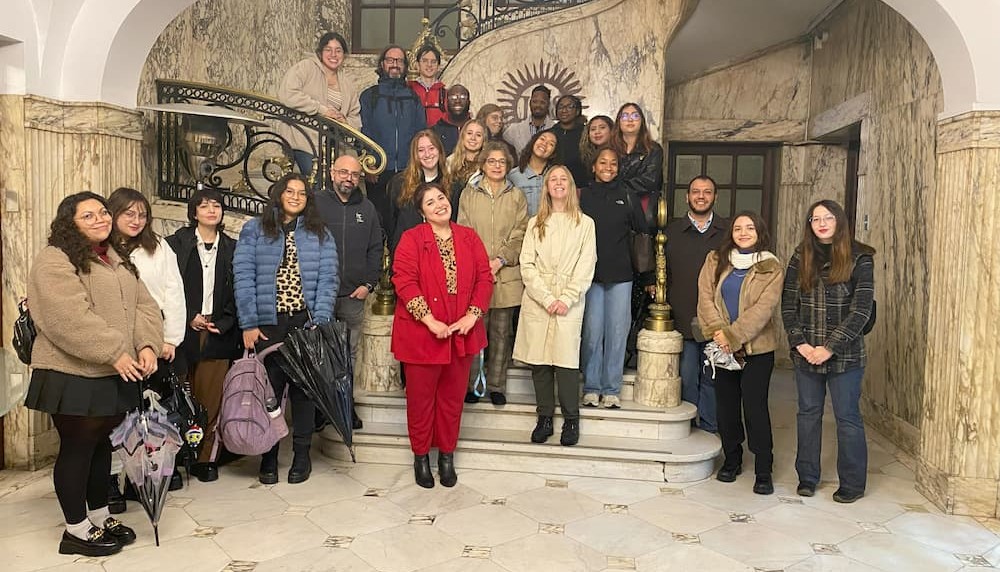
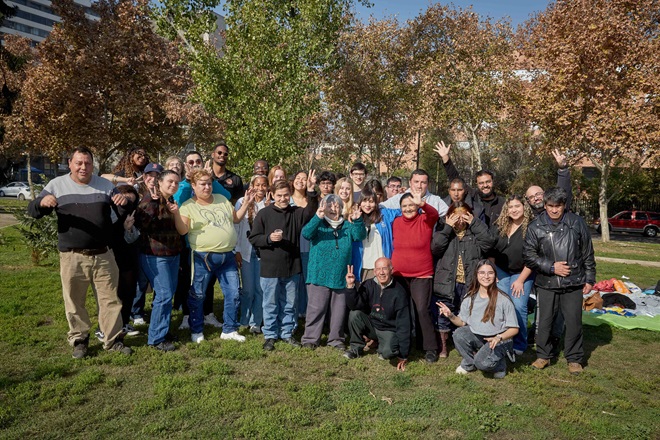
.jpg)
.jpg)
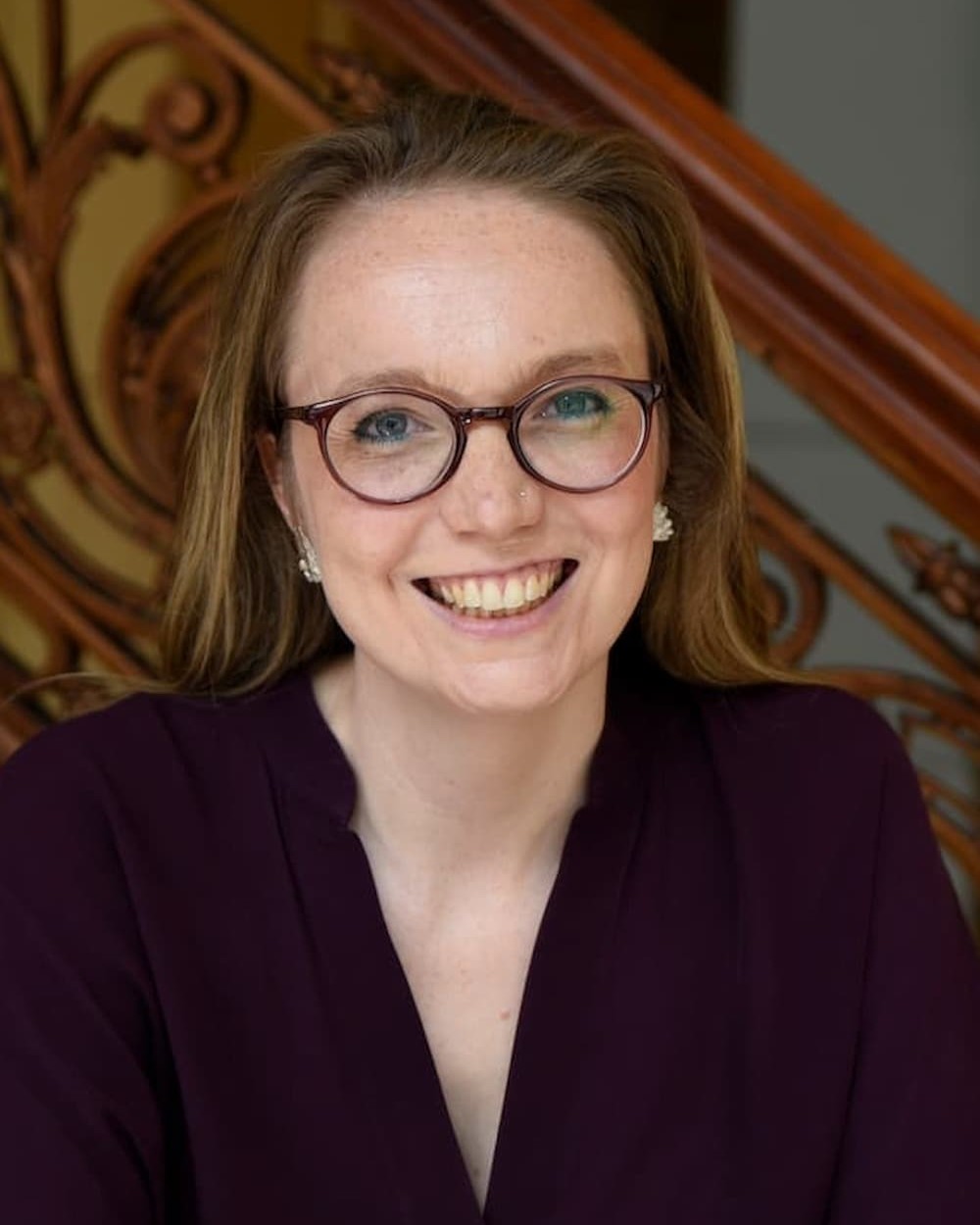
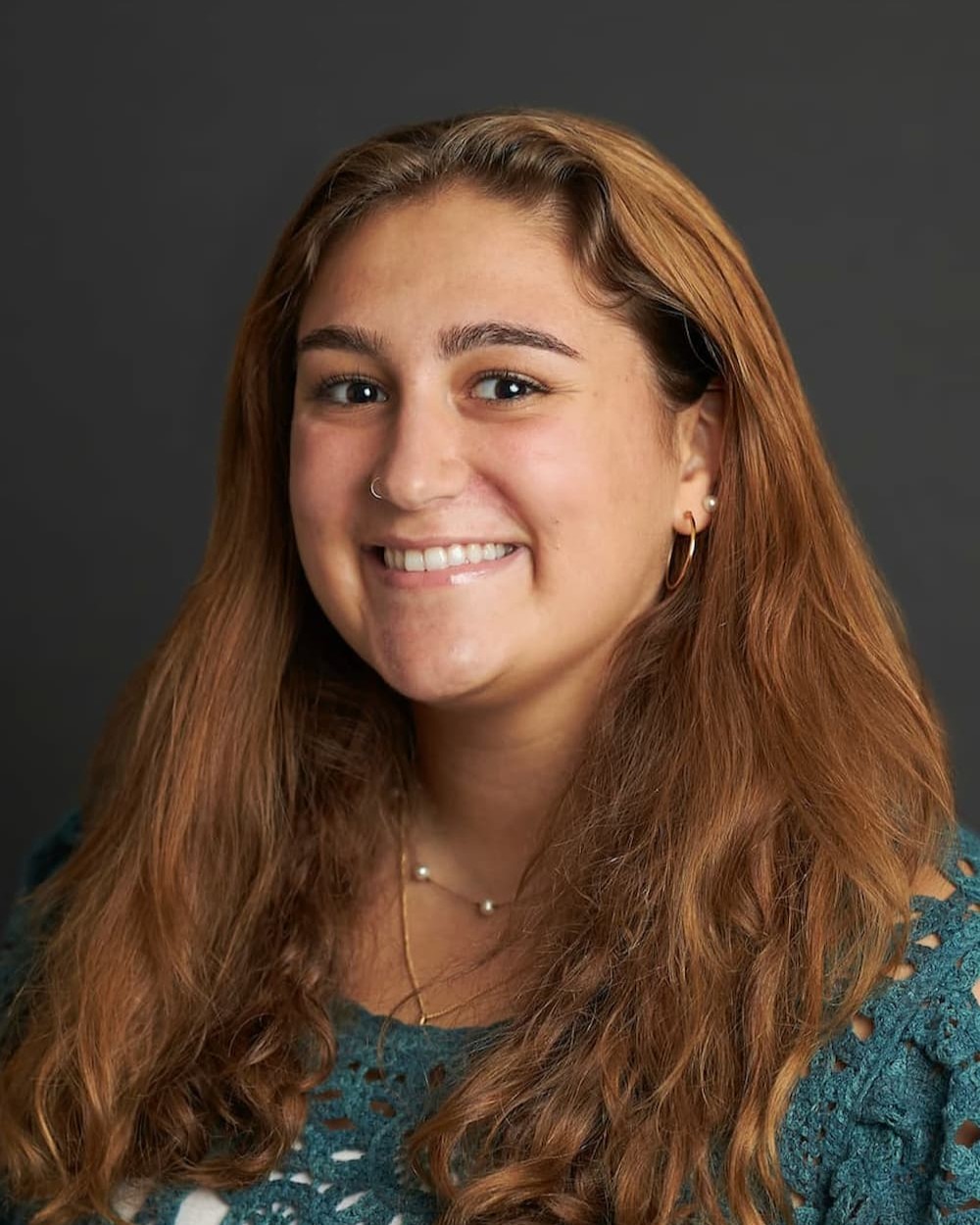

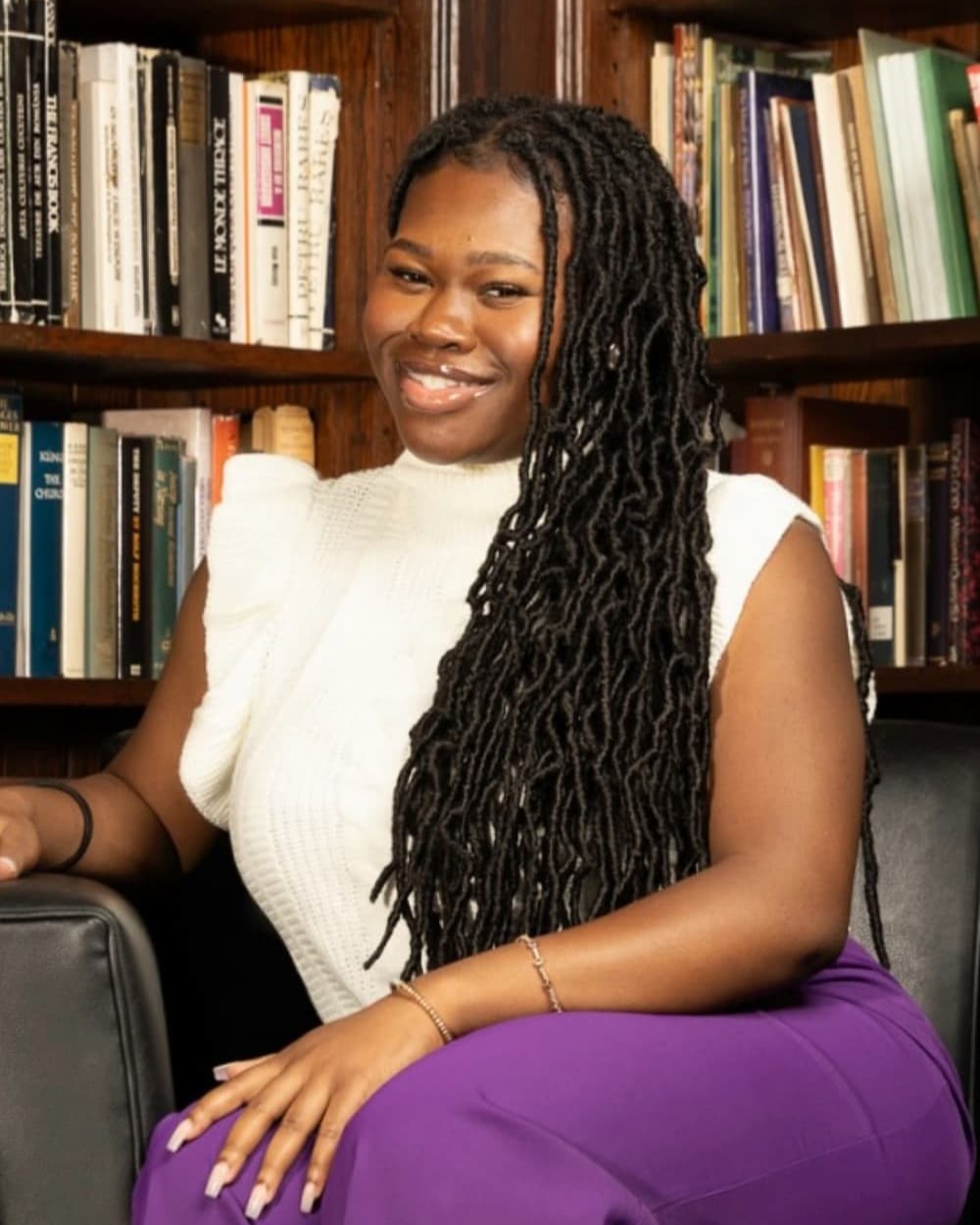
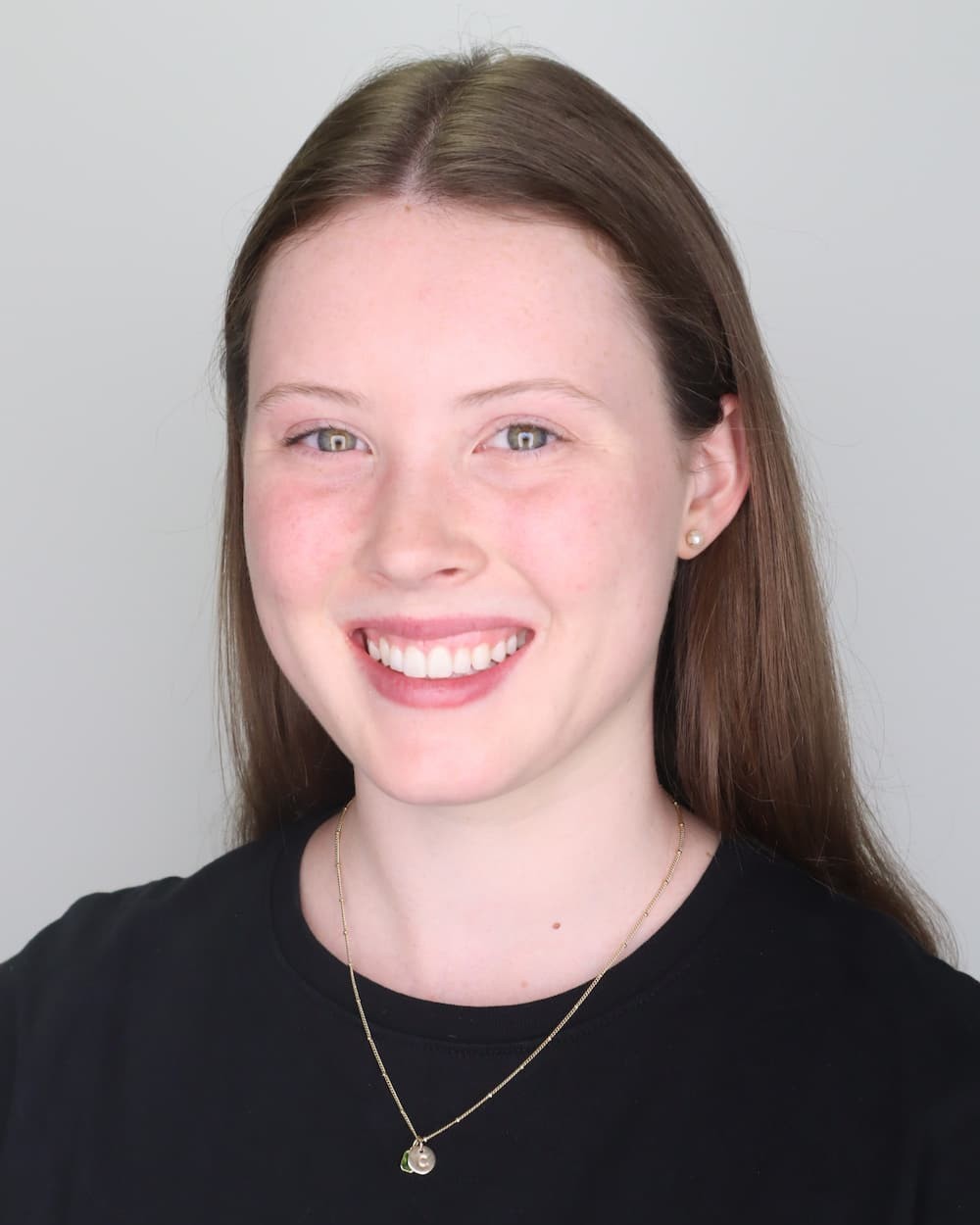

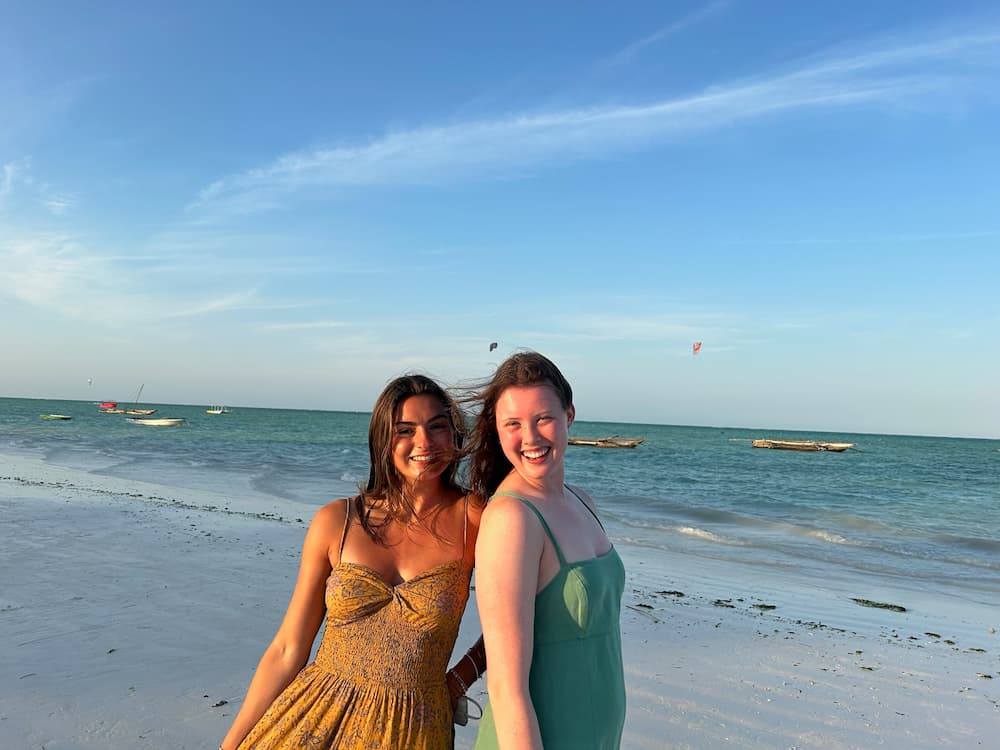
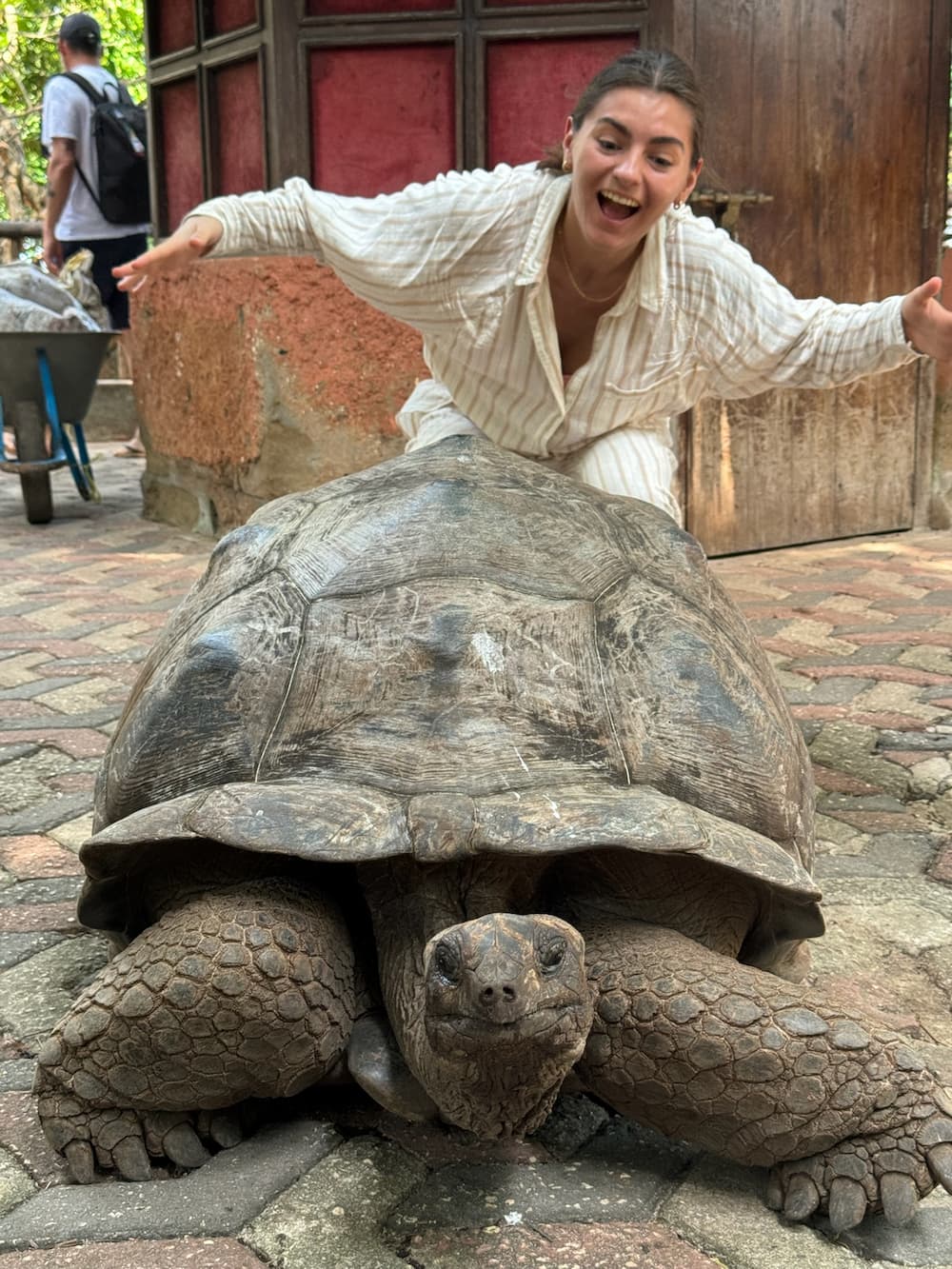
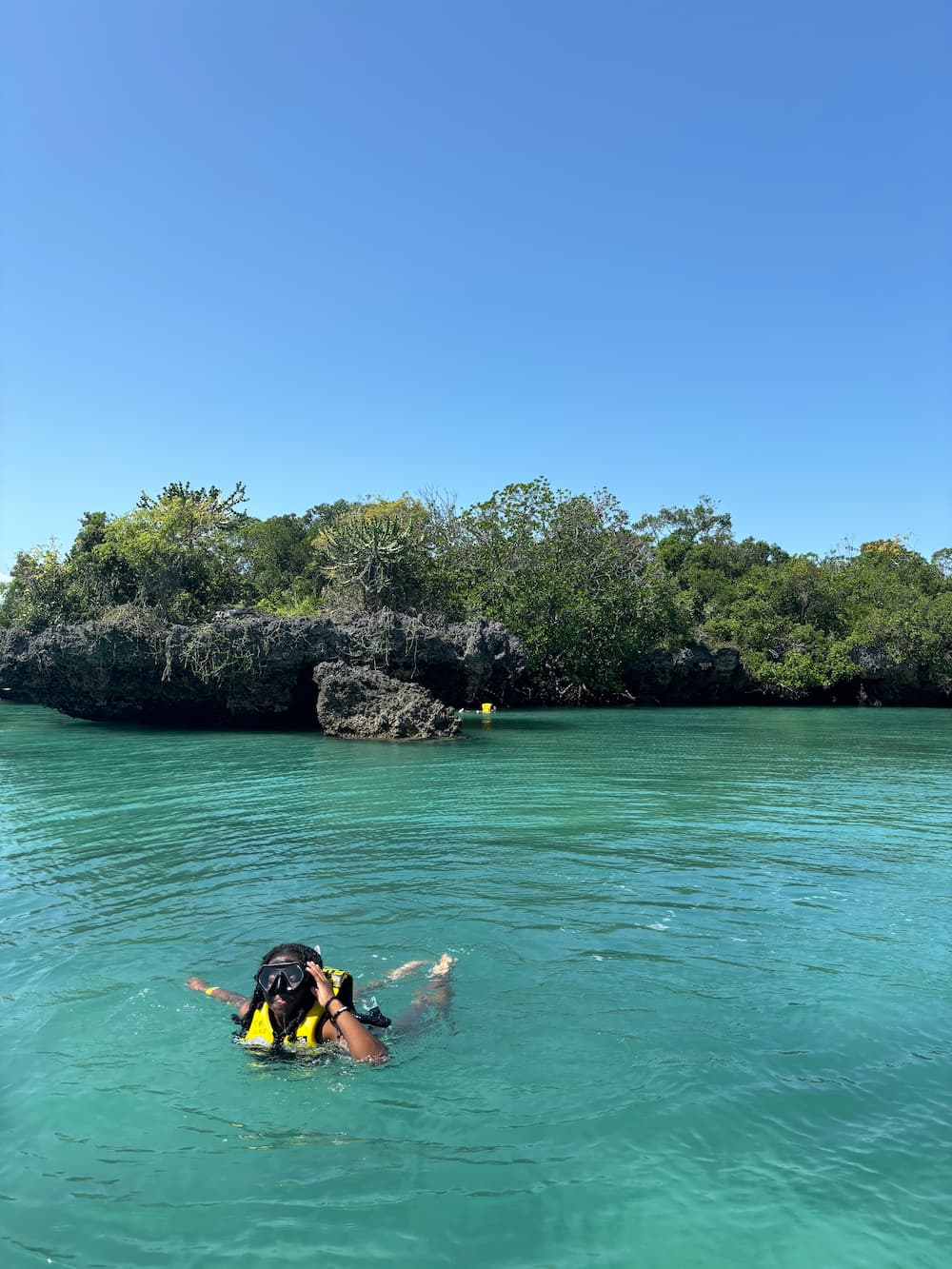

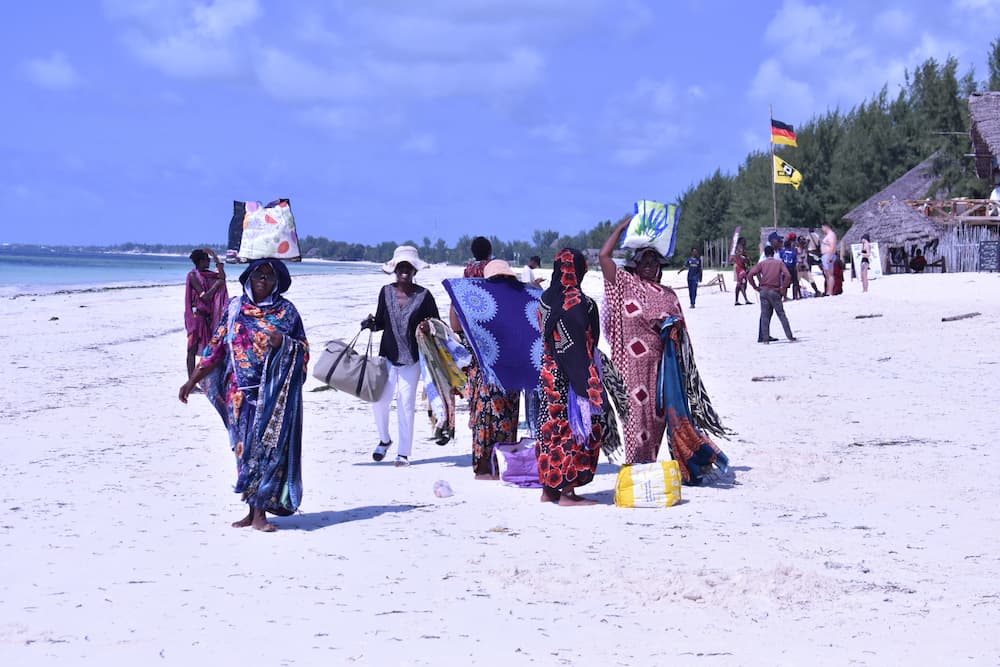
.jpg)
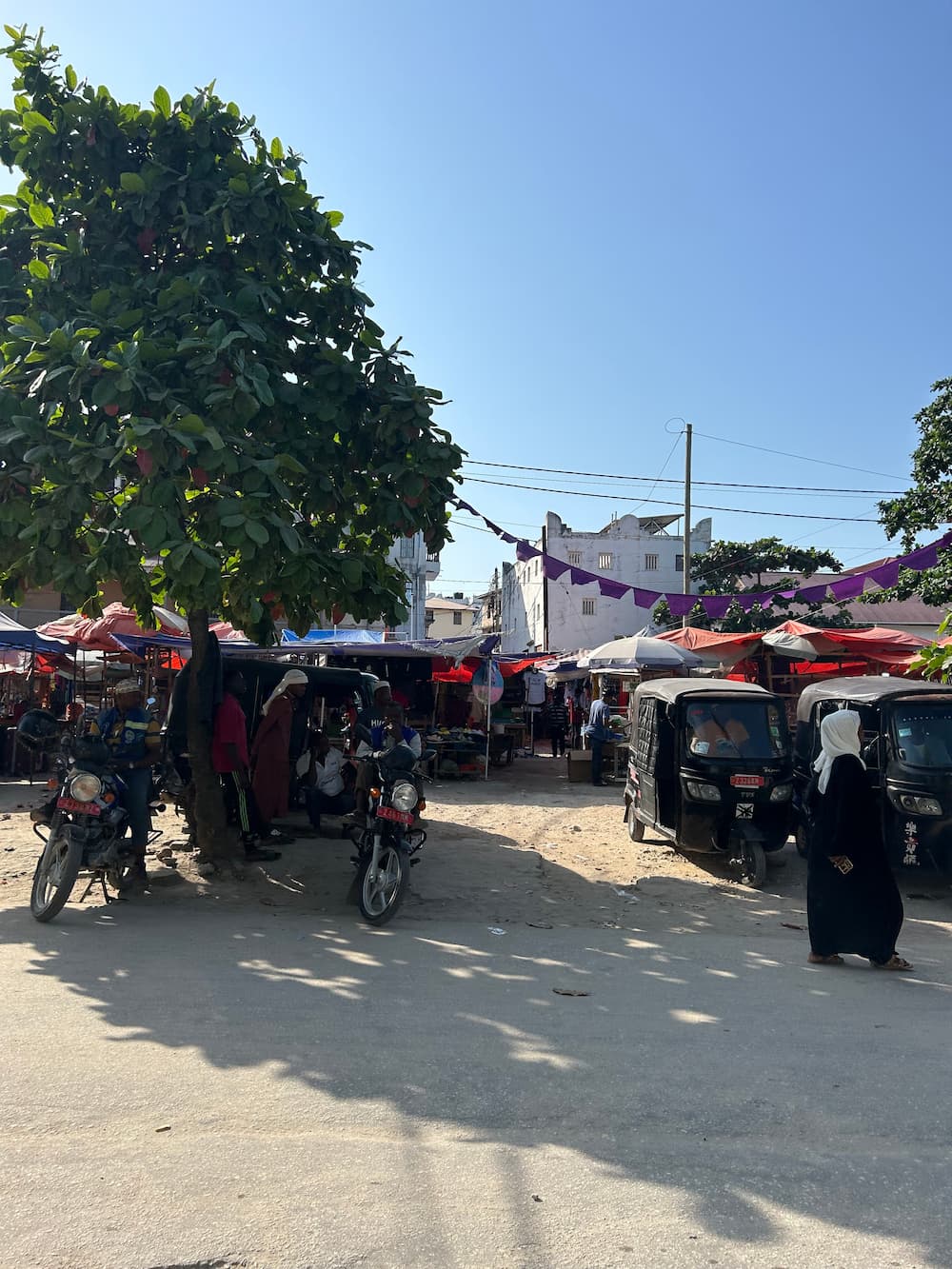
.jpg)
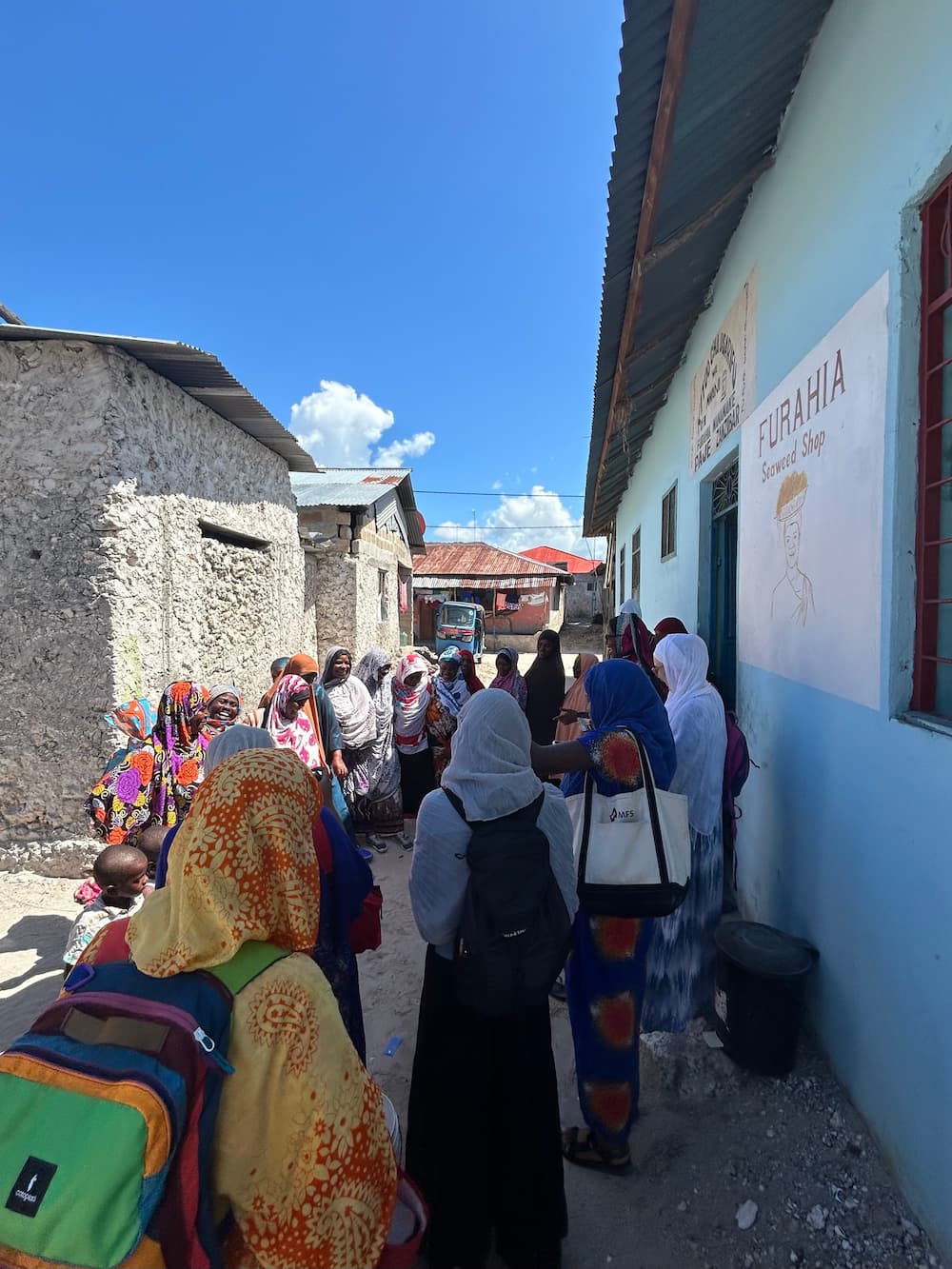
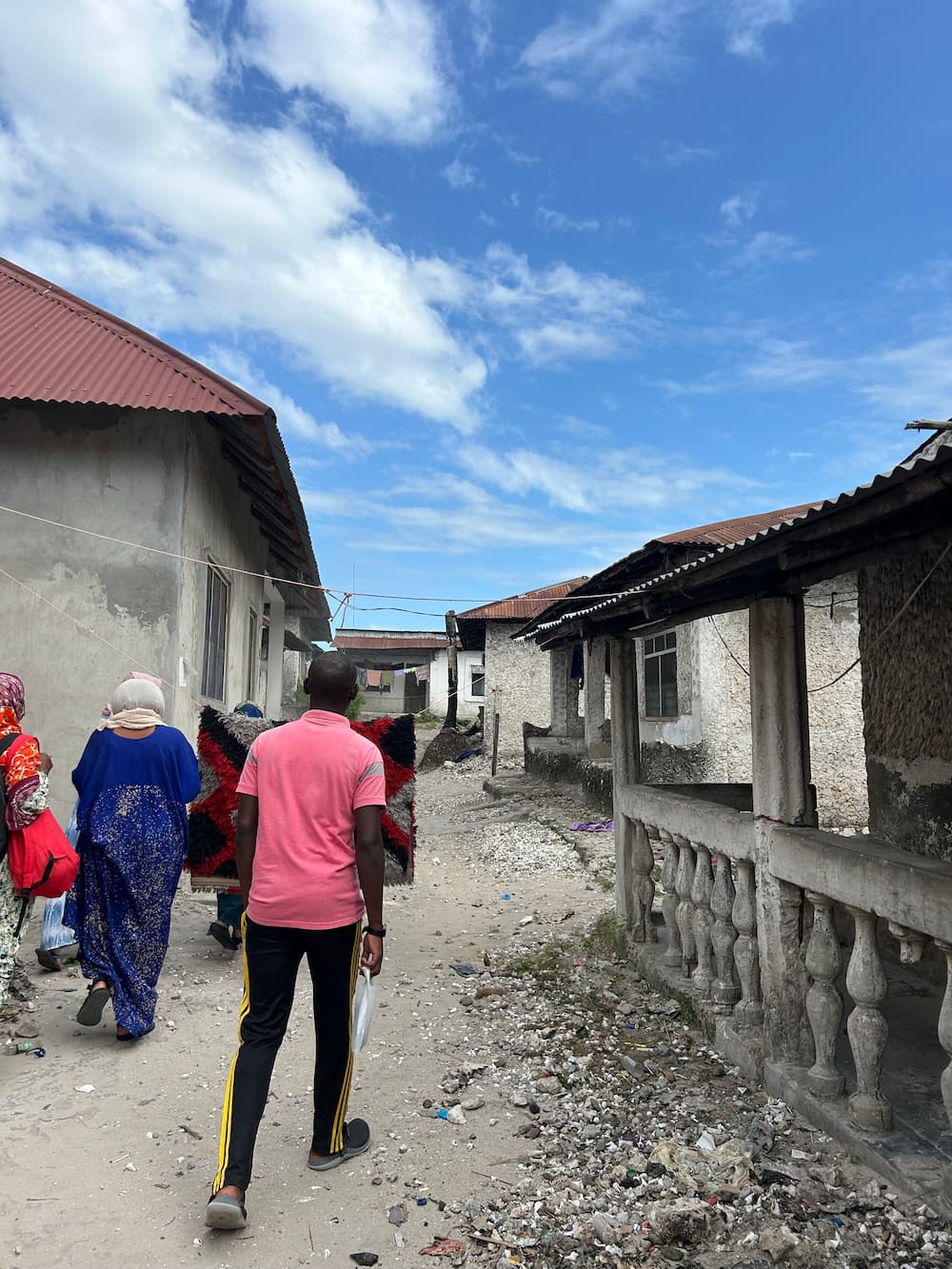
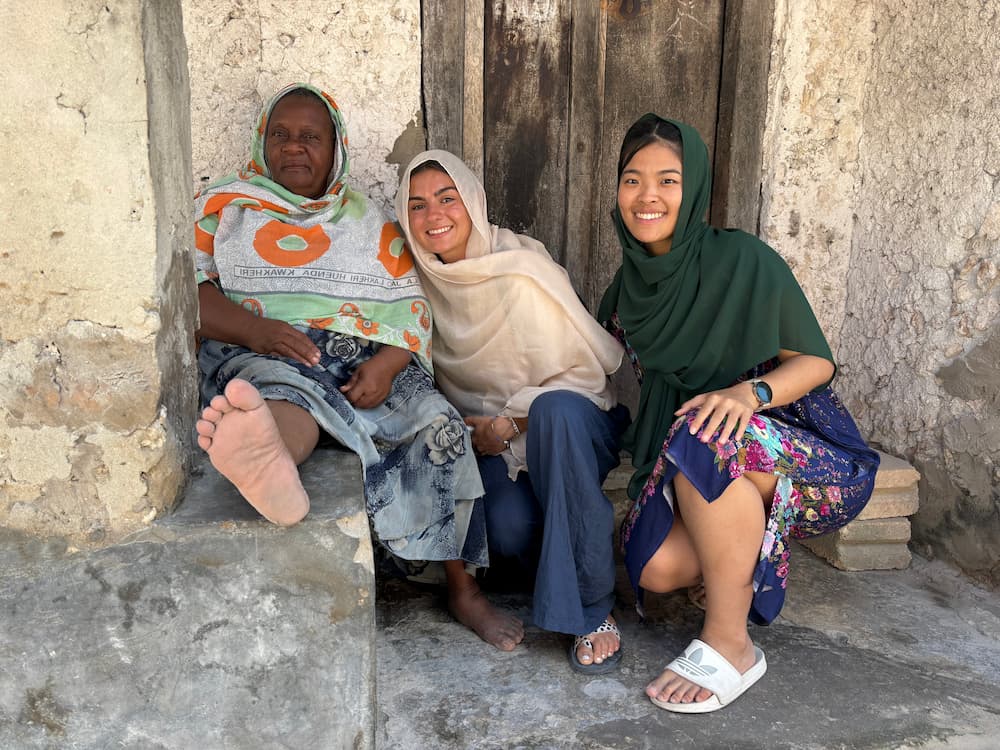
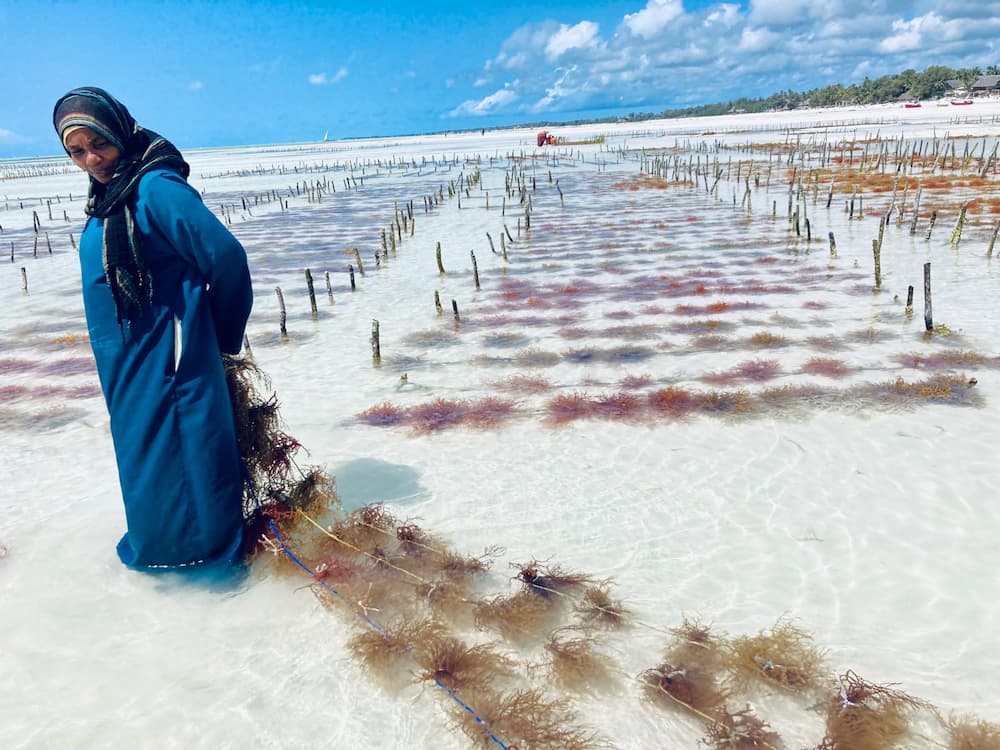
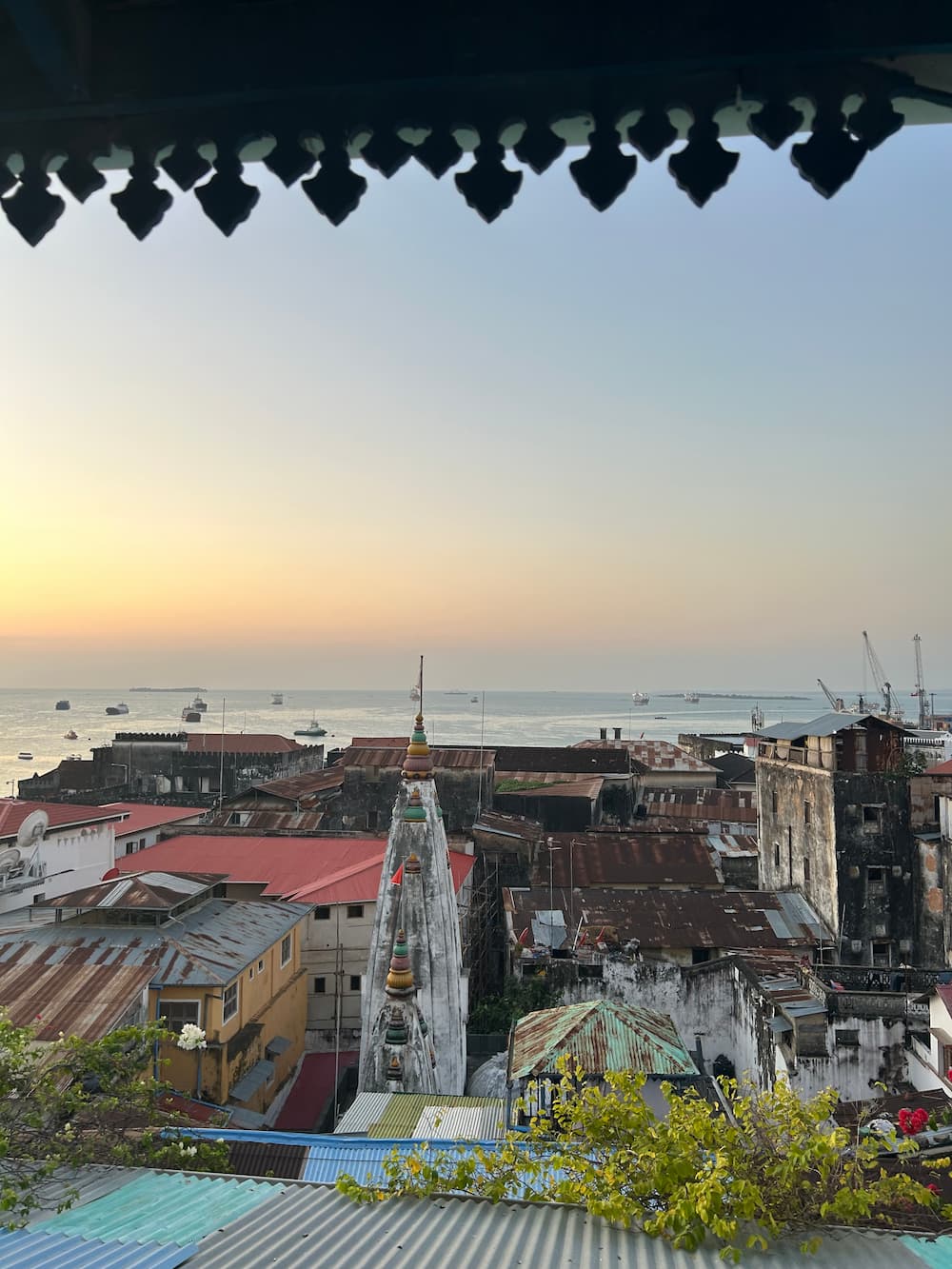

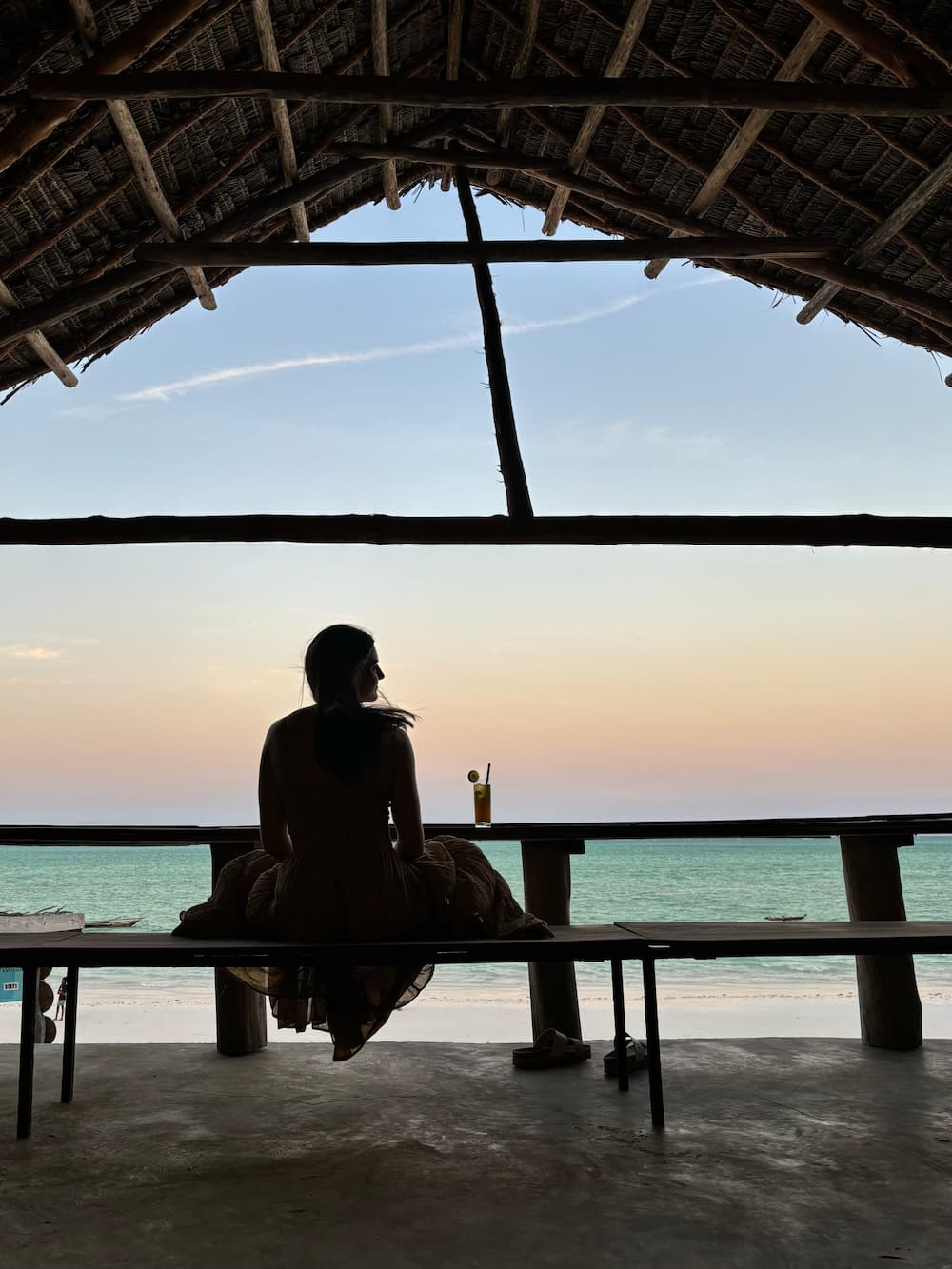
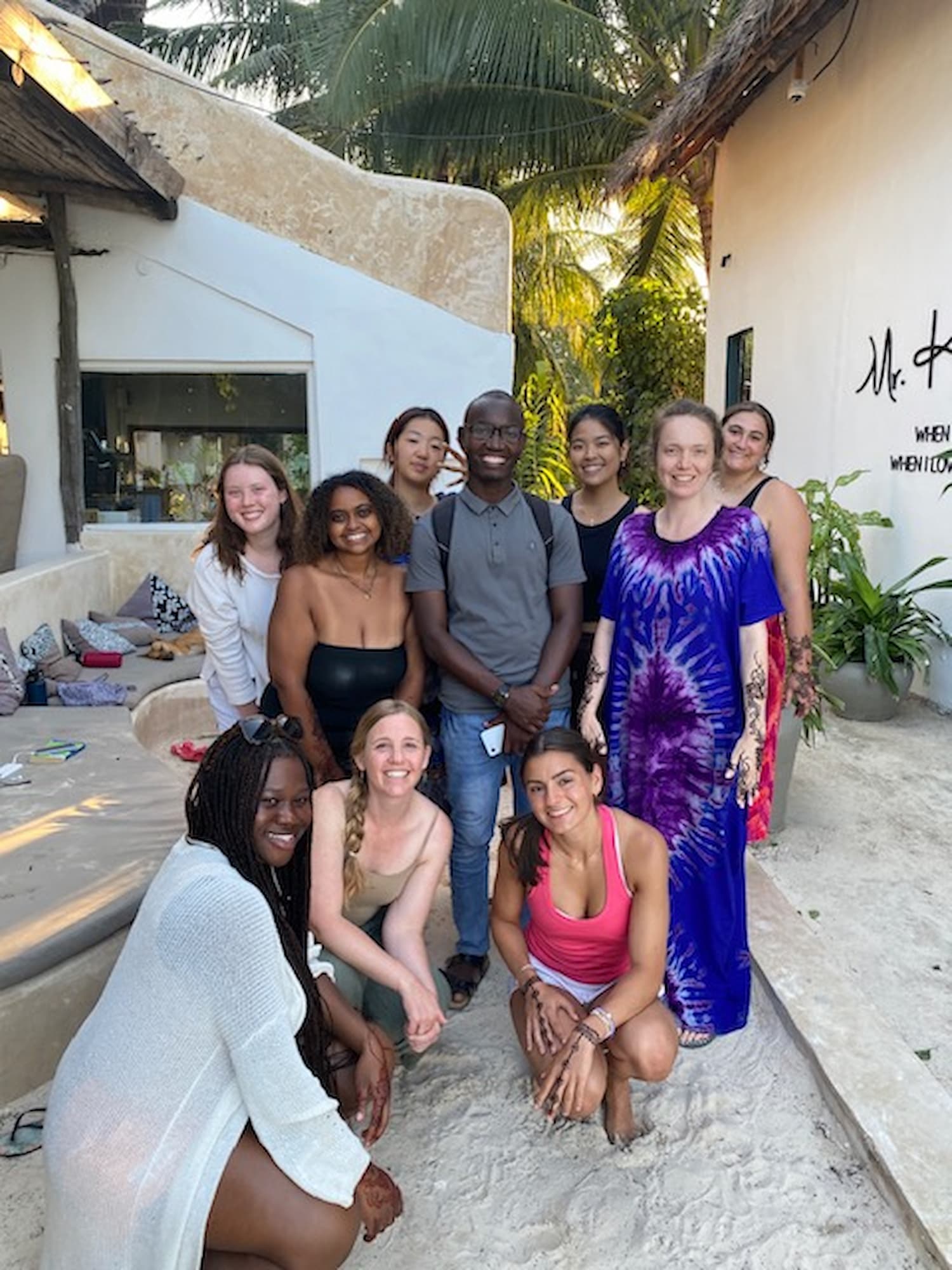
.jpg)
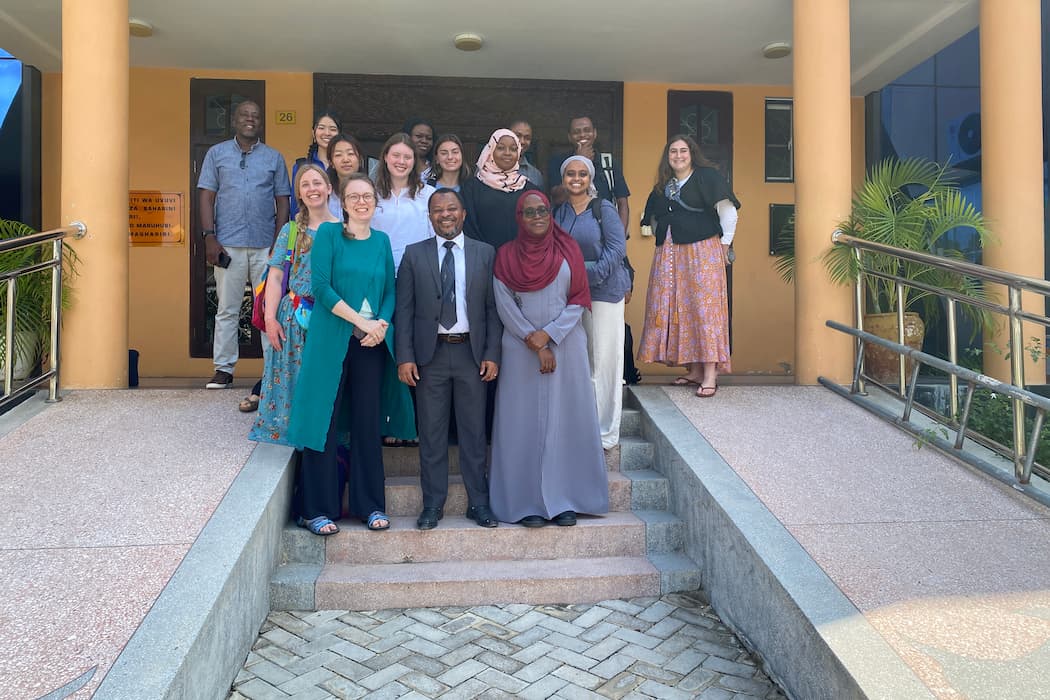
.jpg)